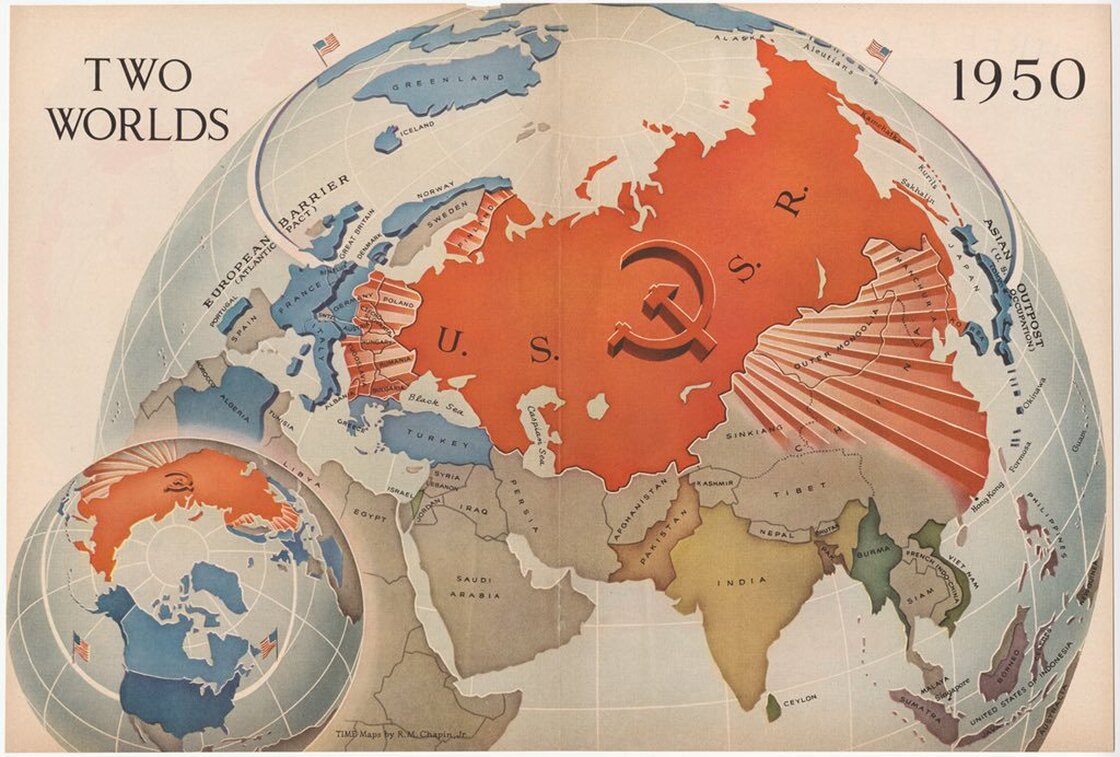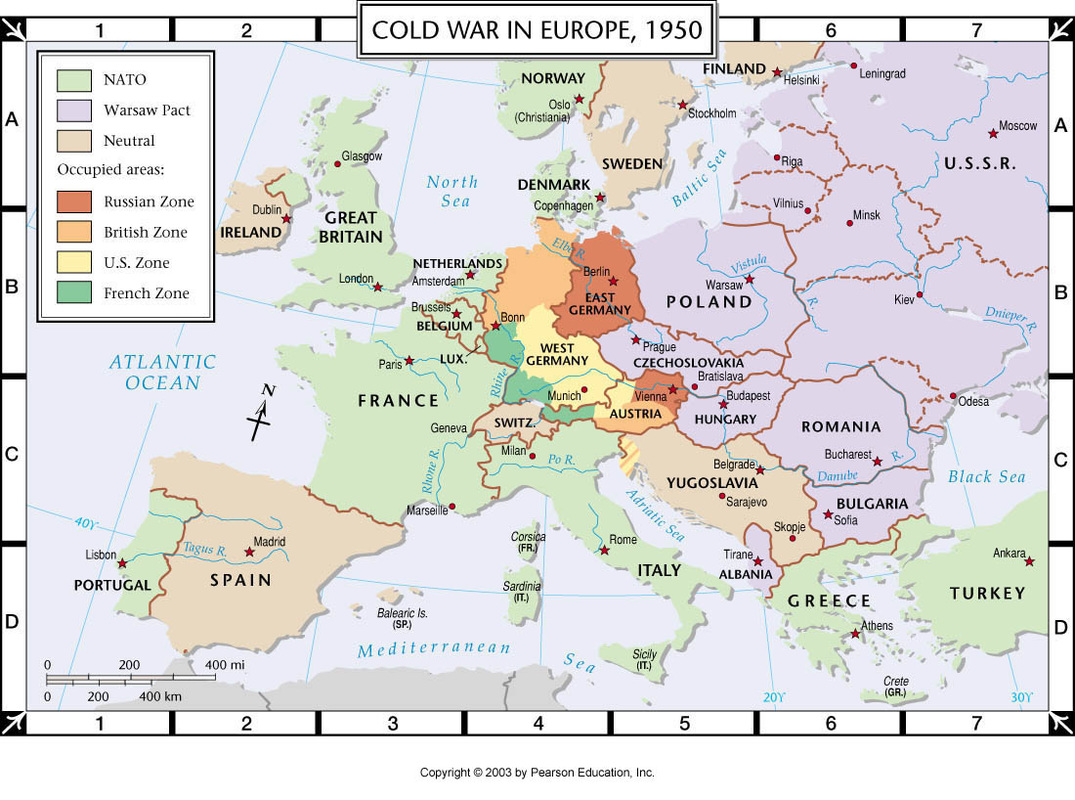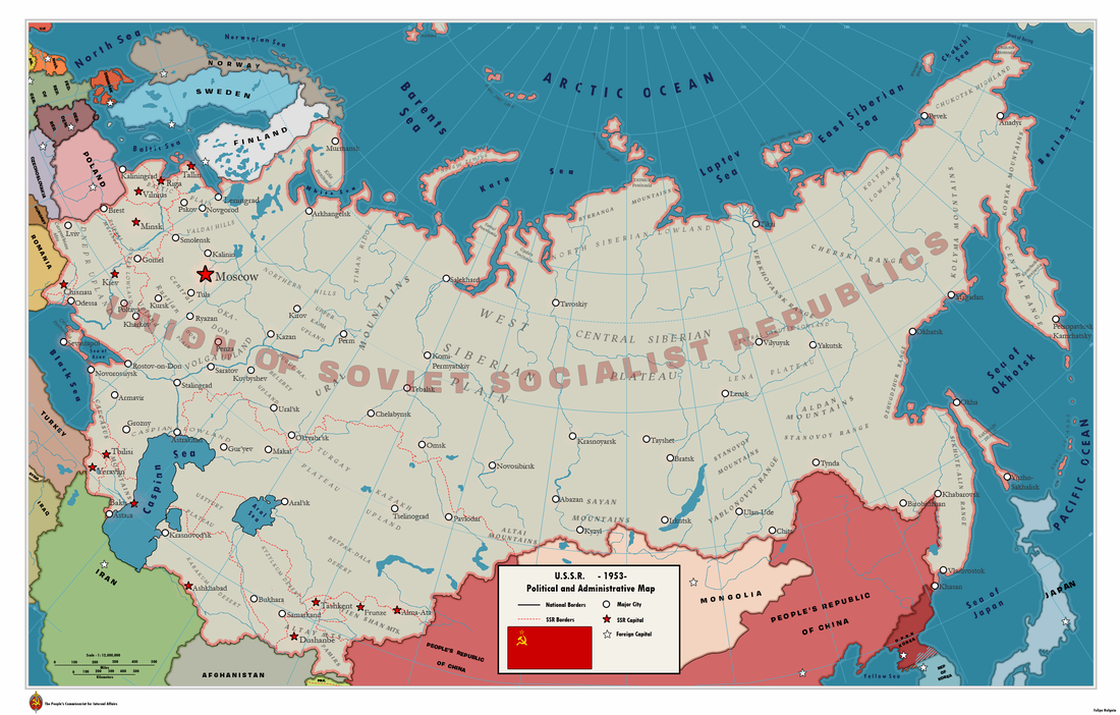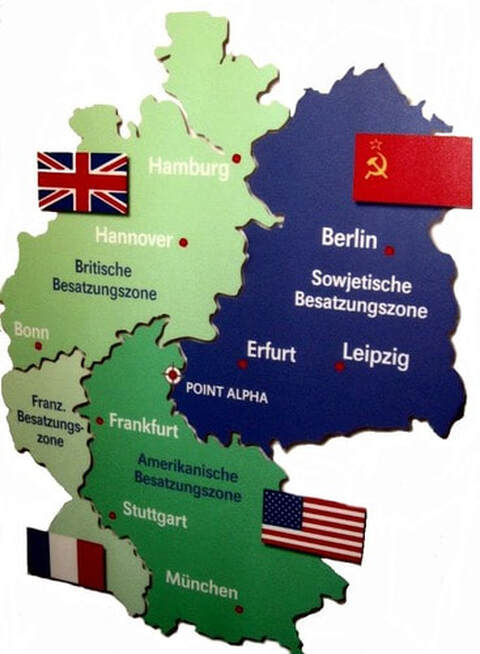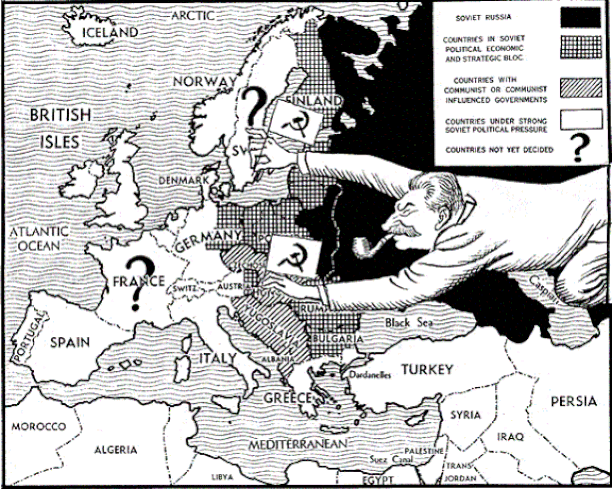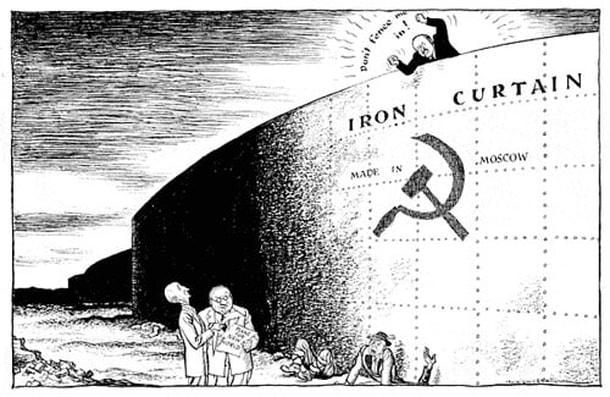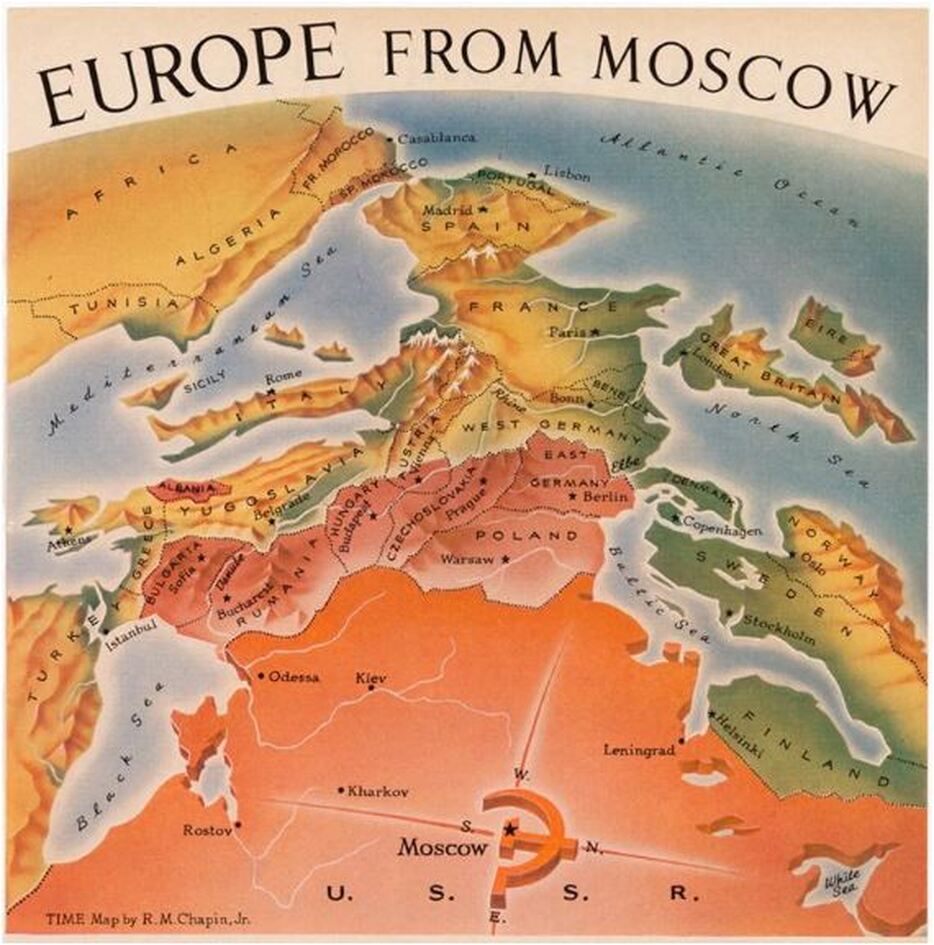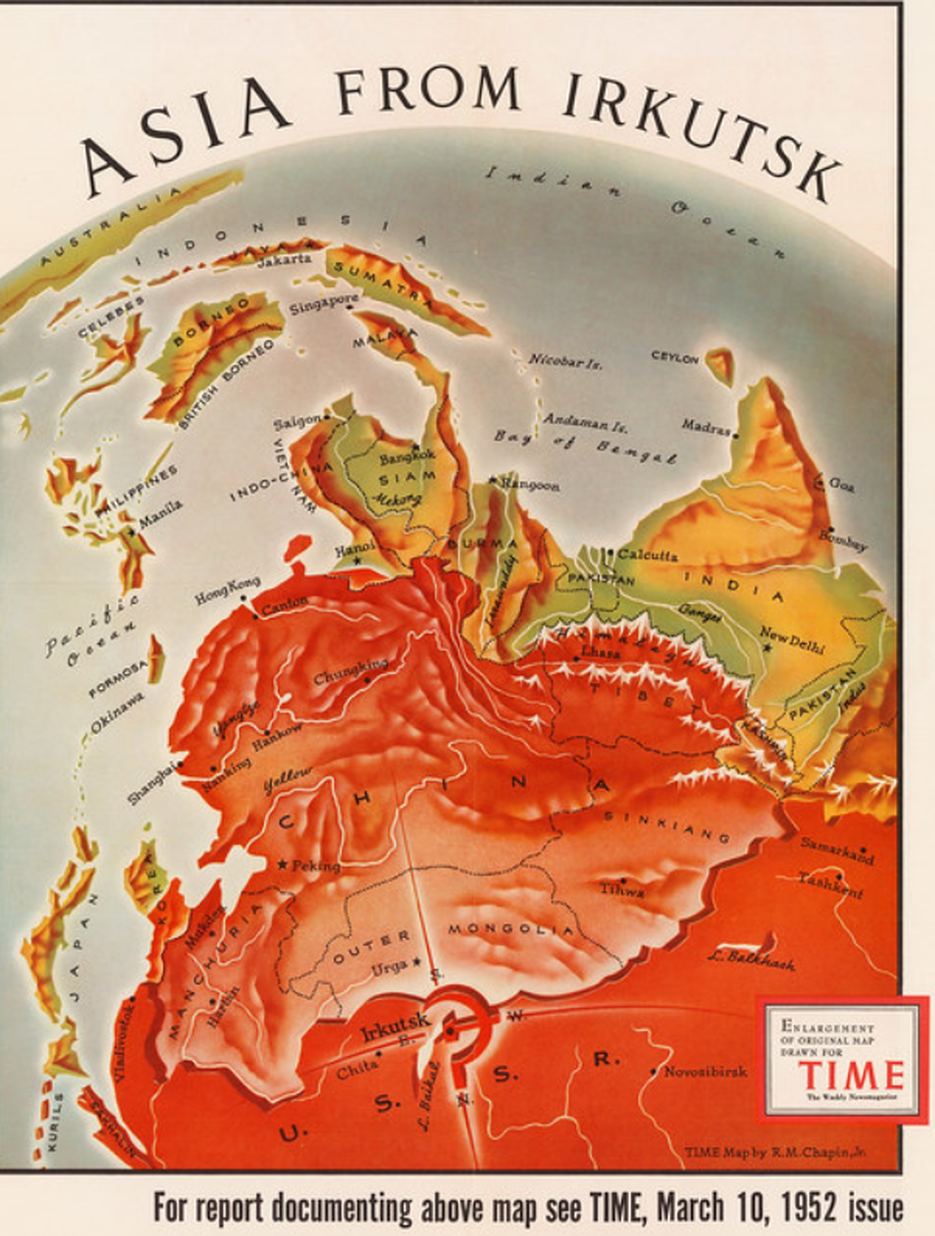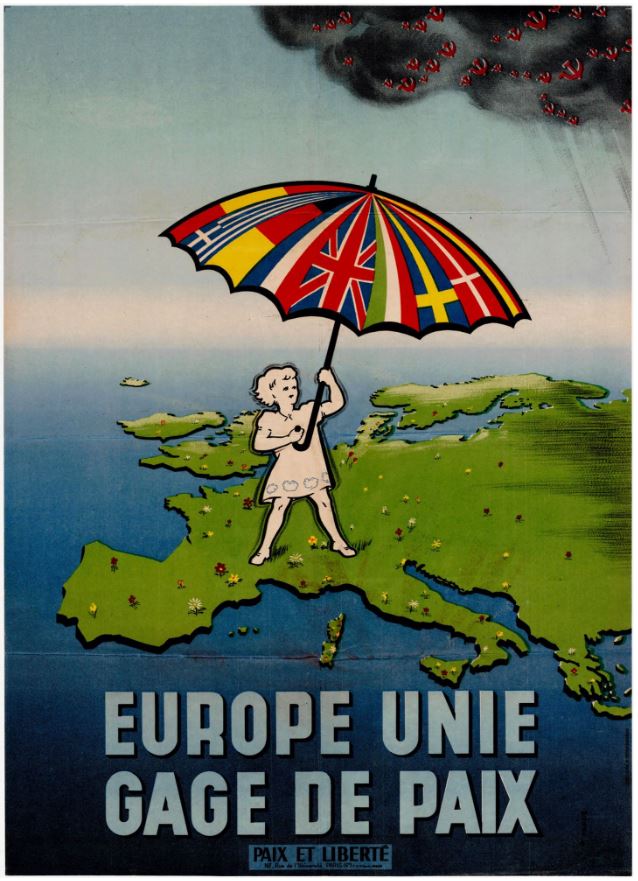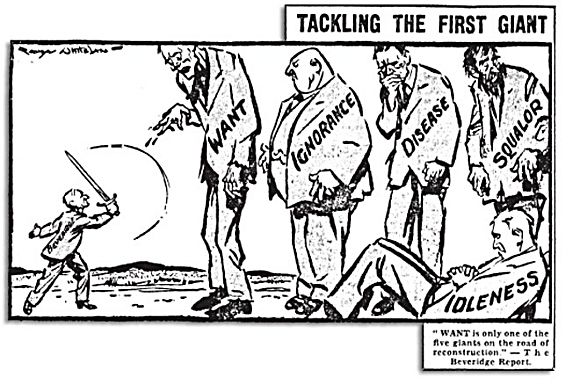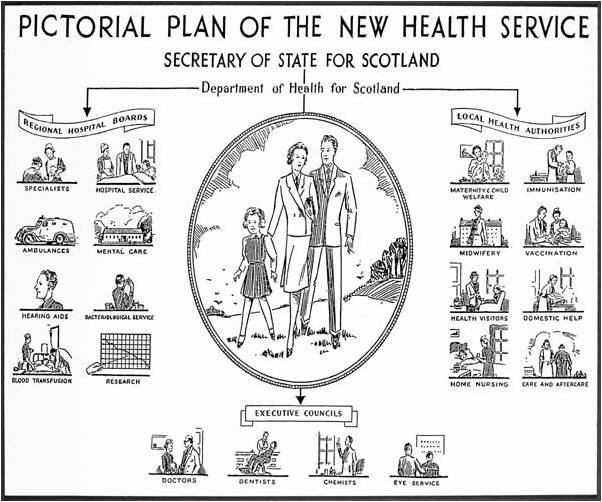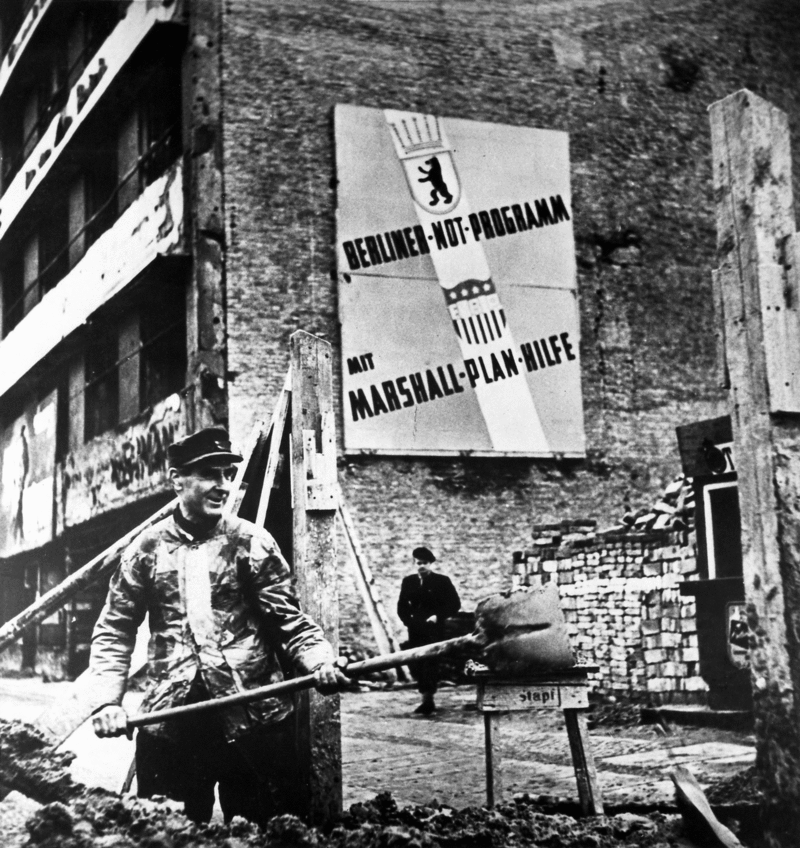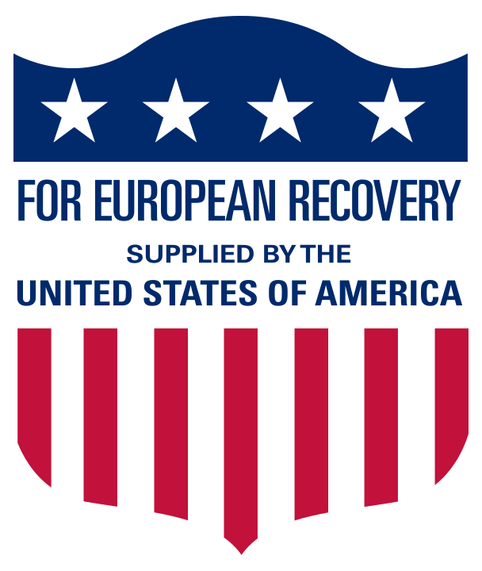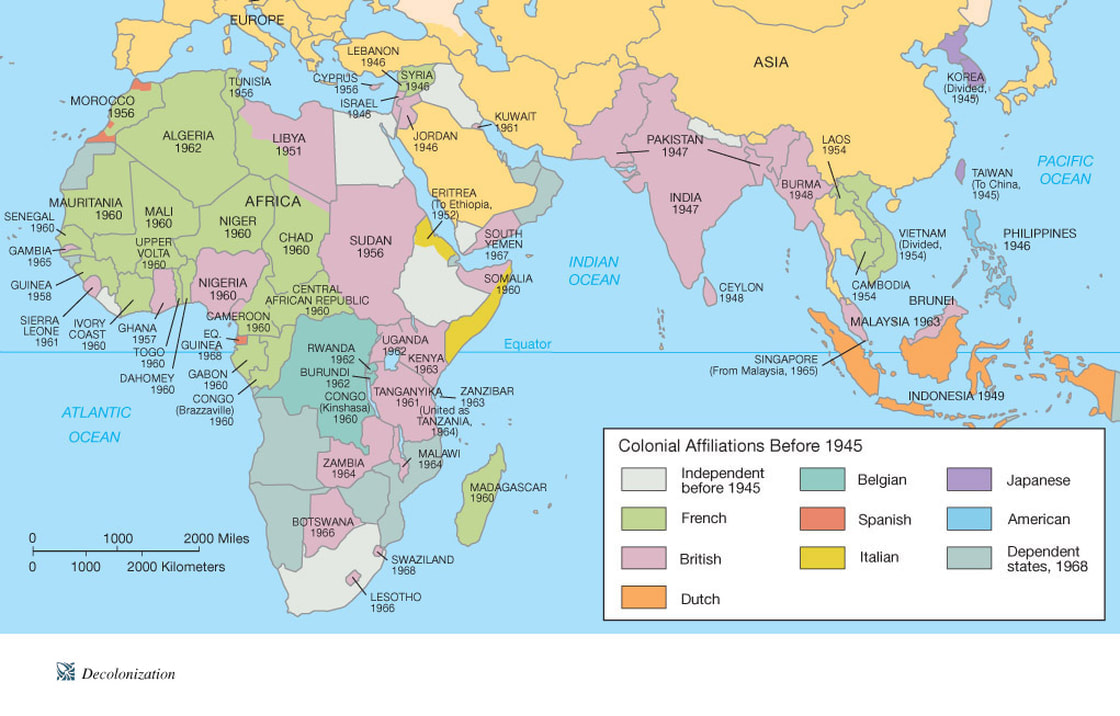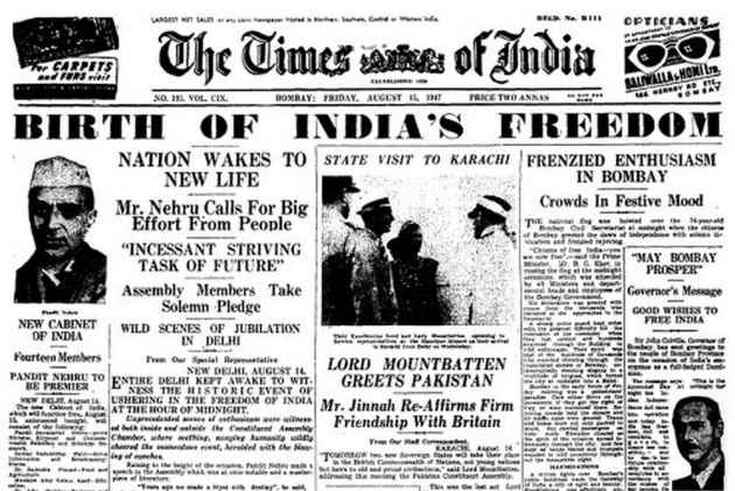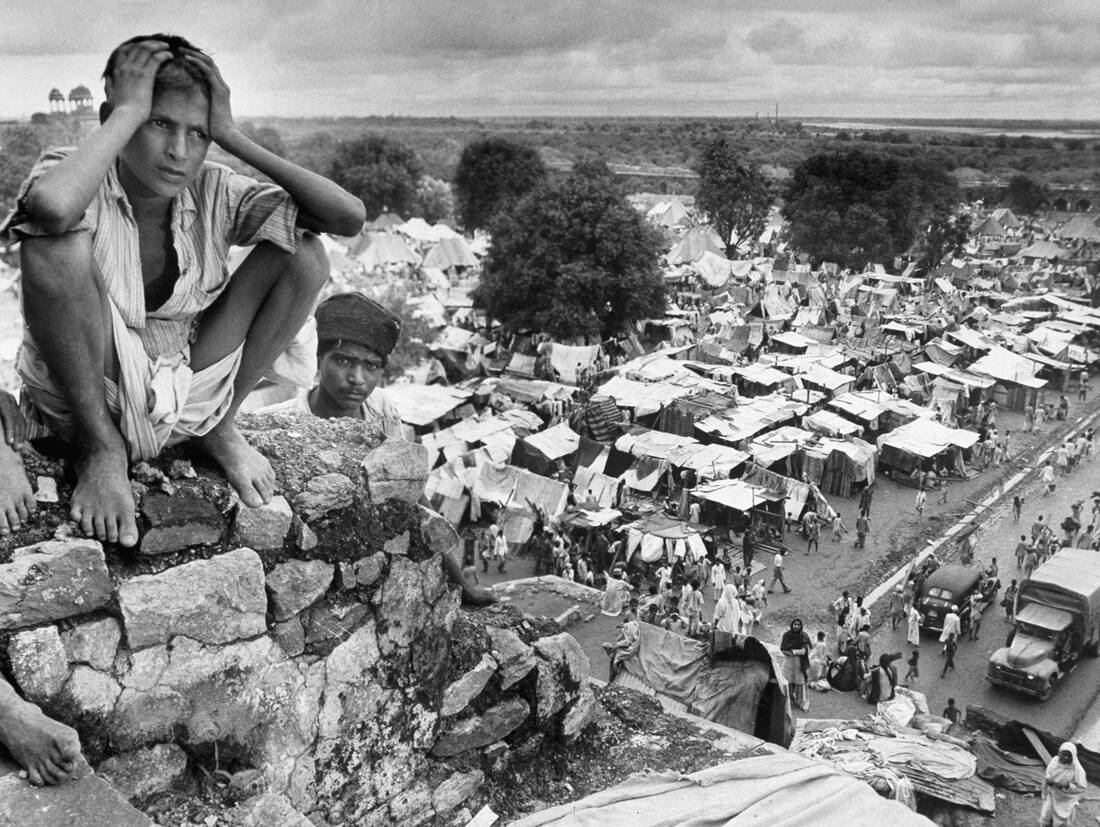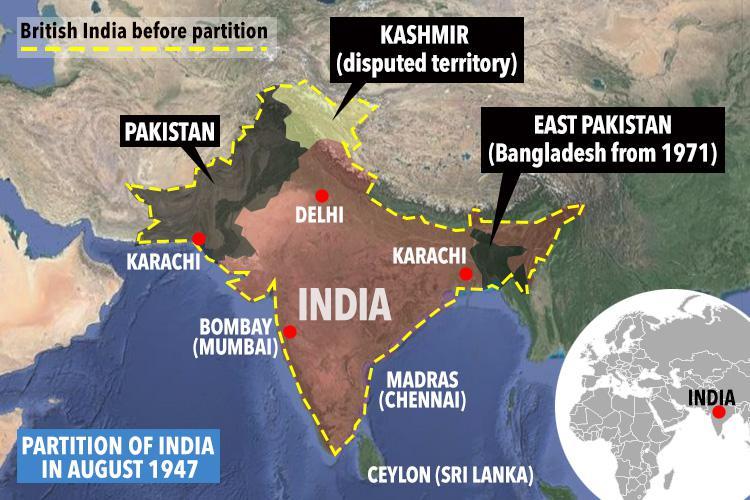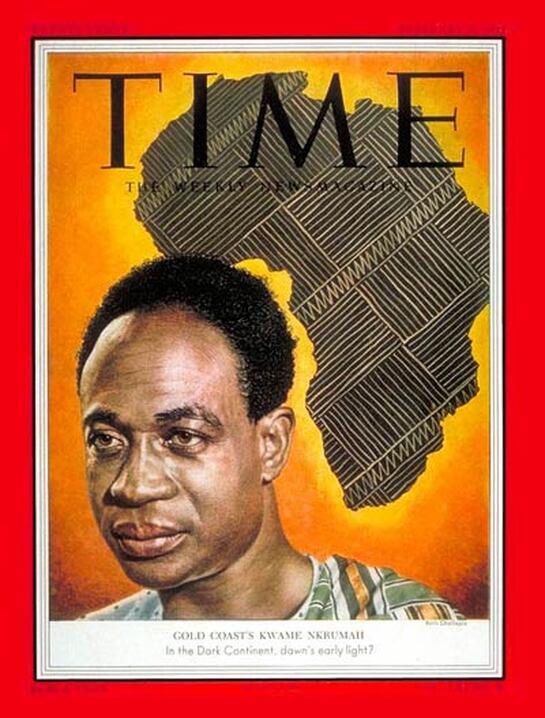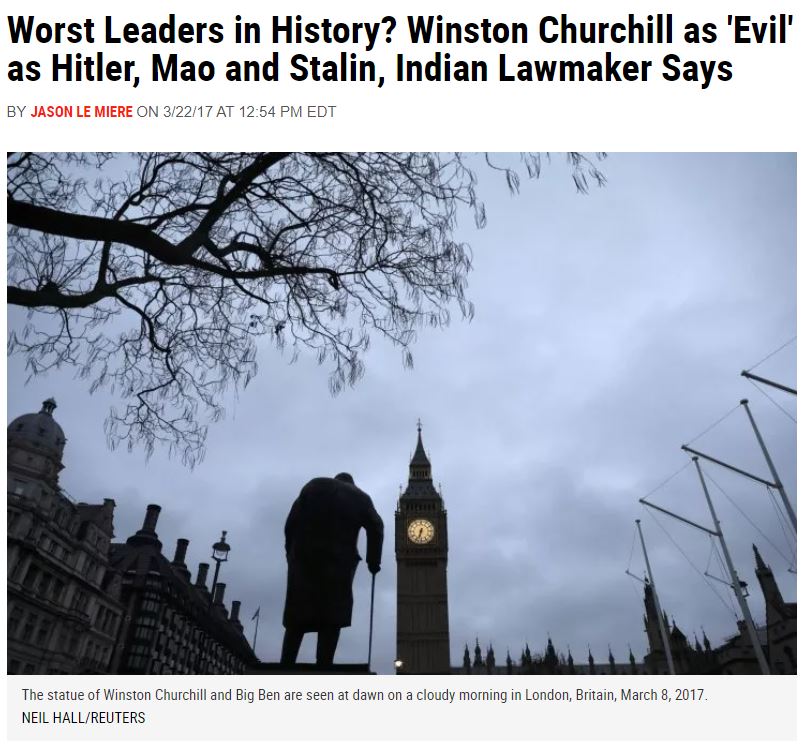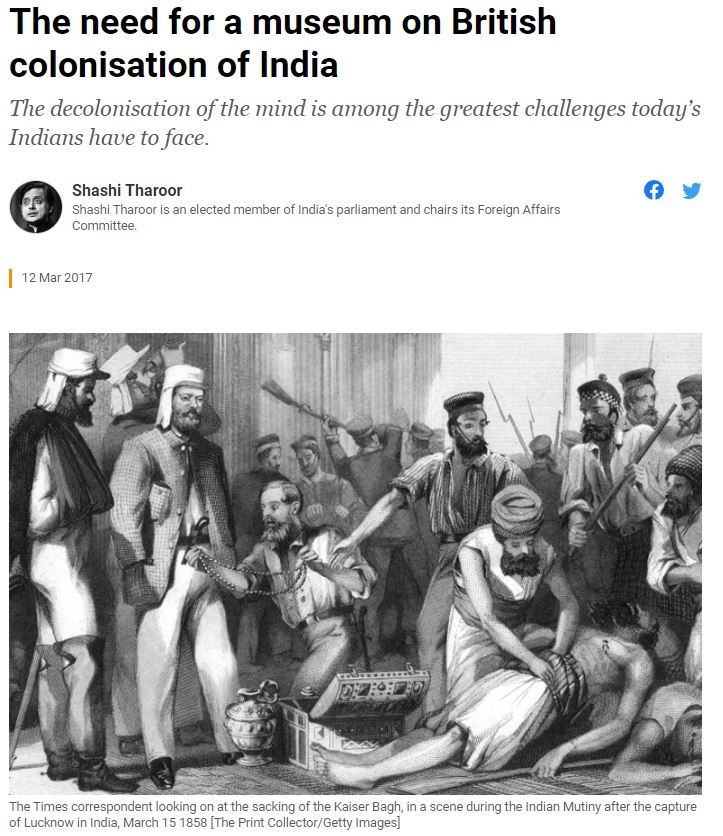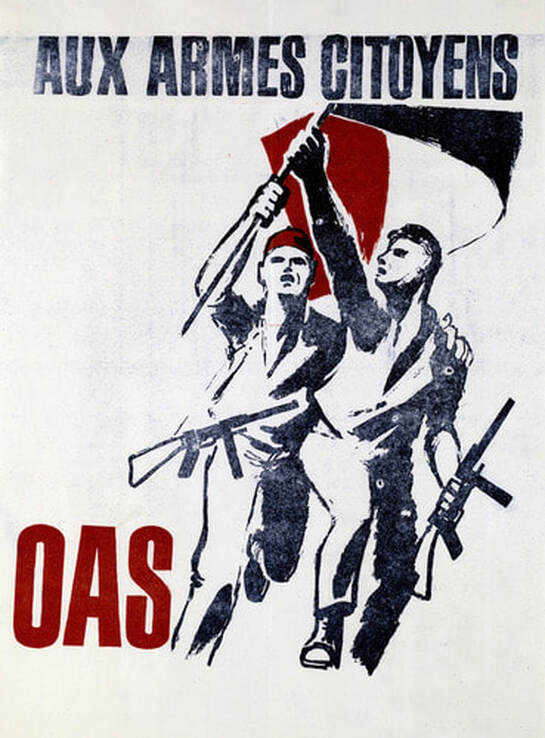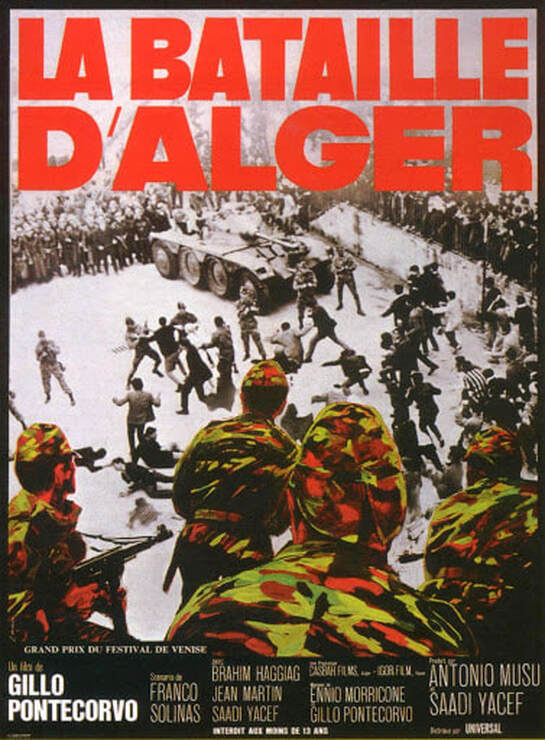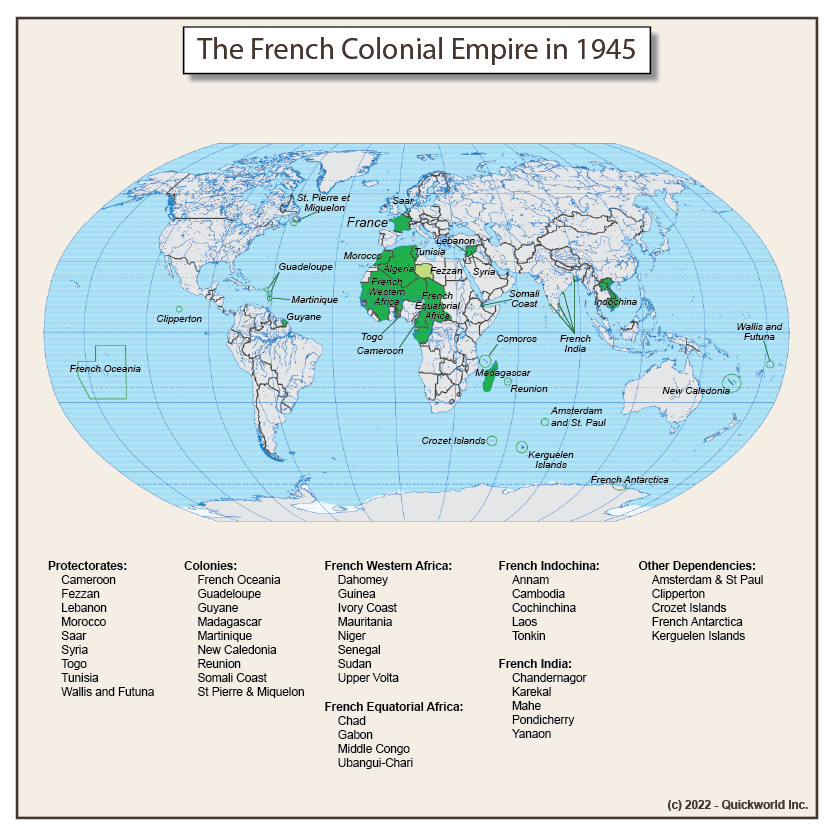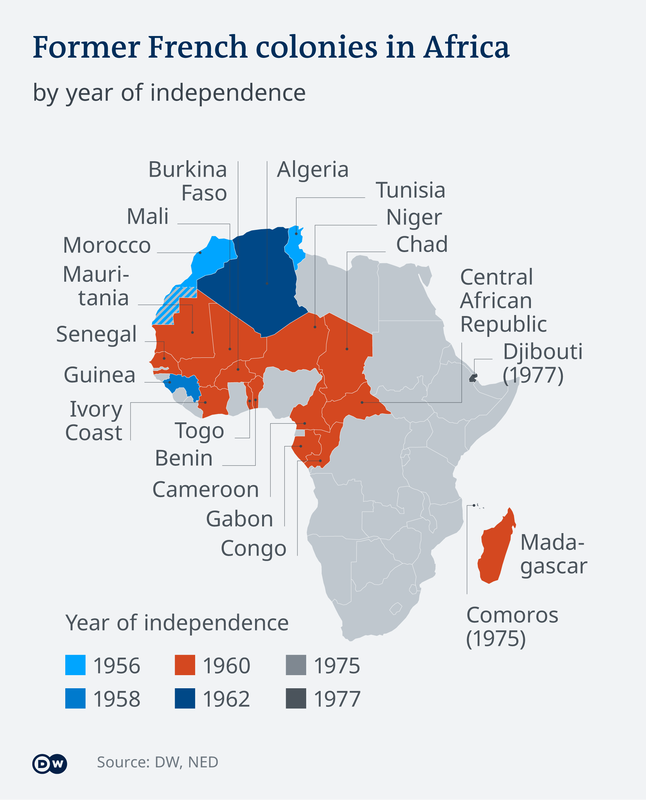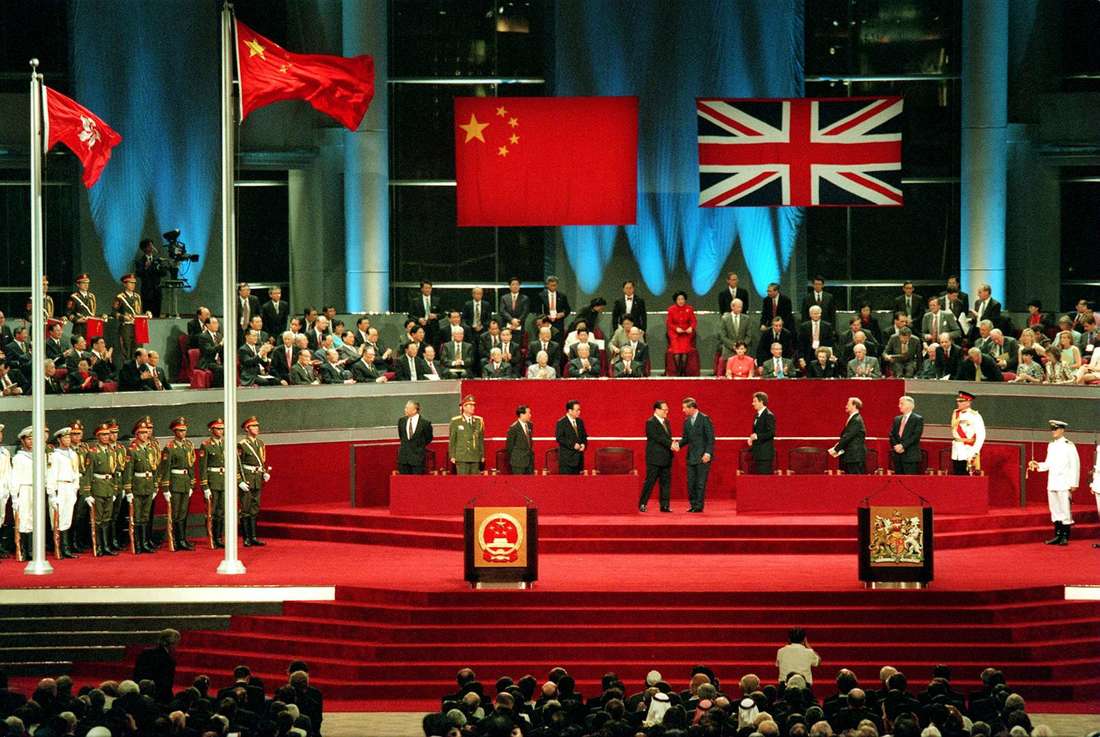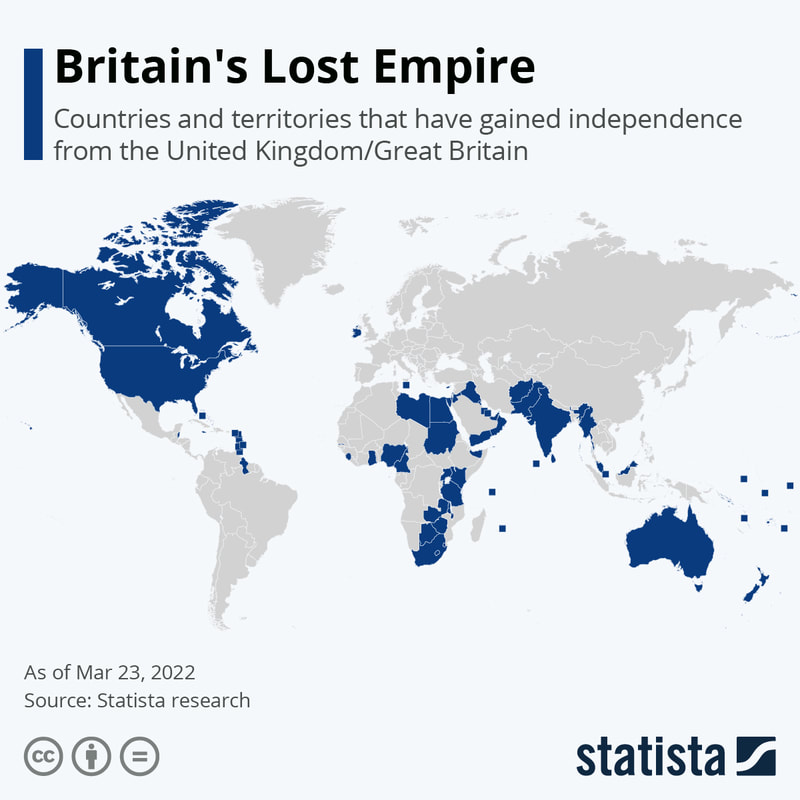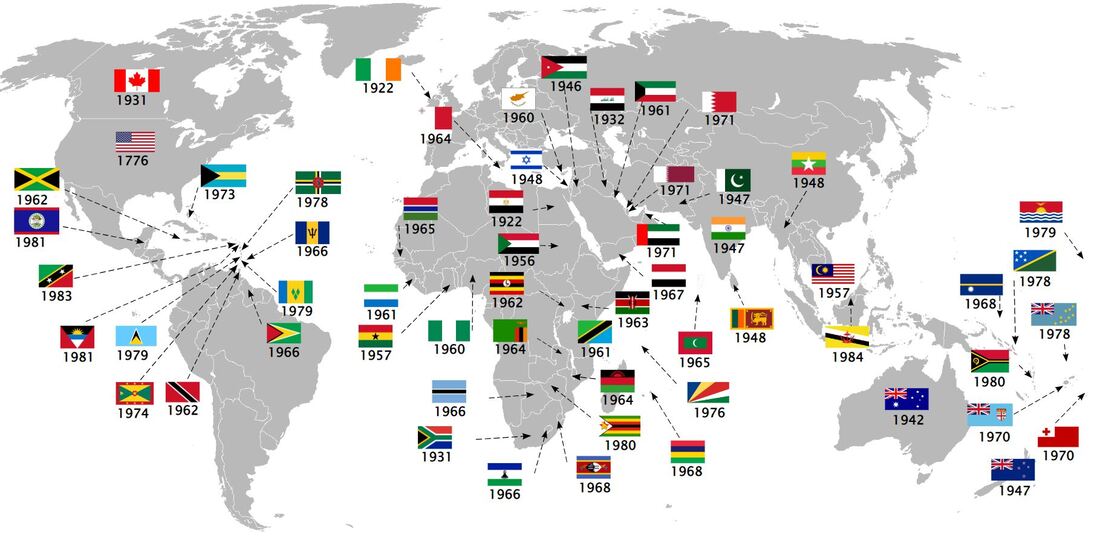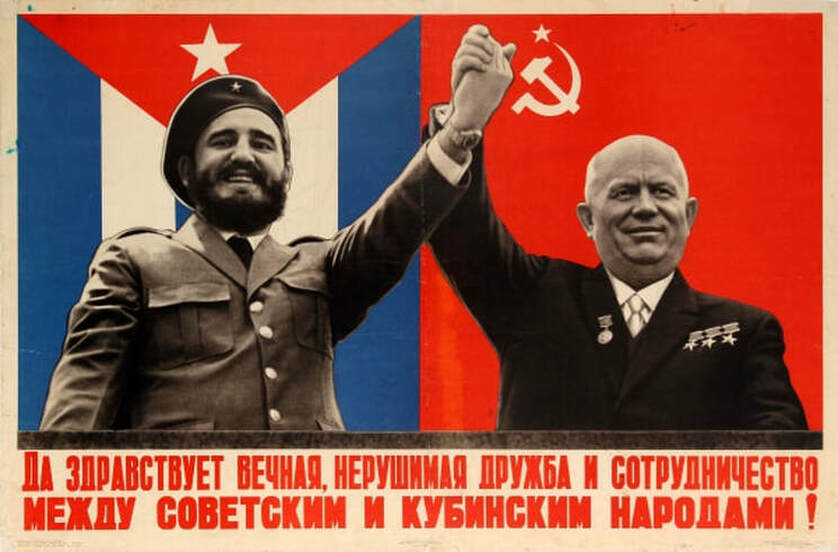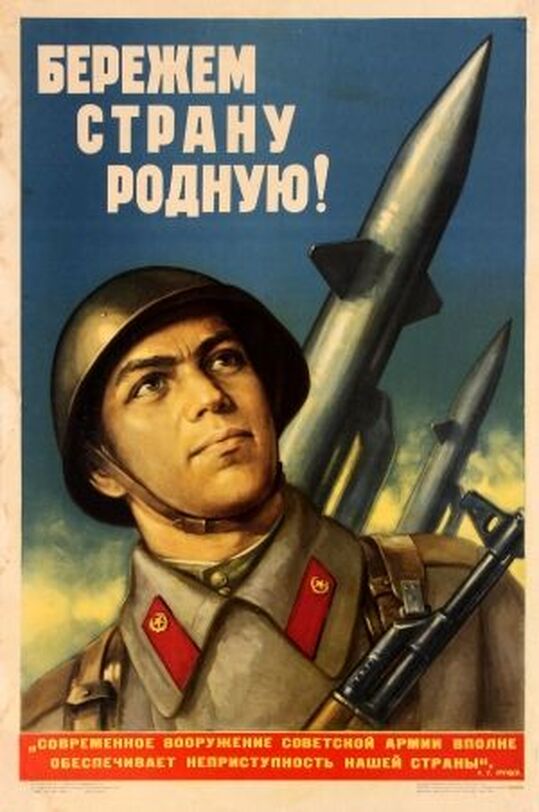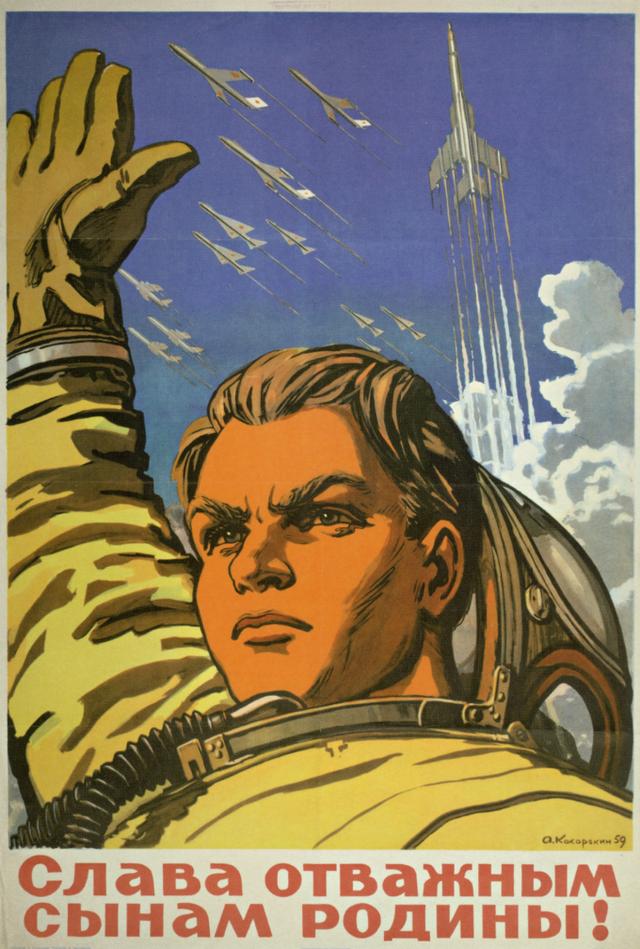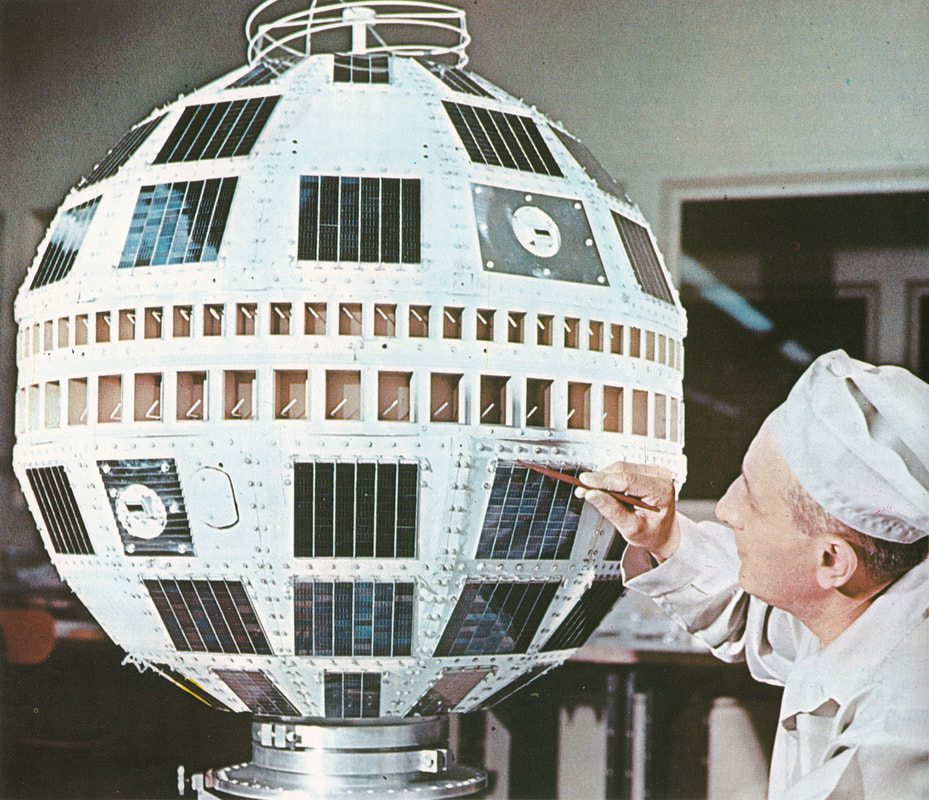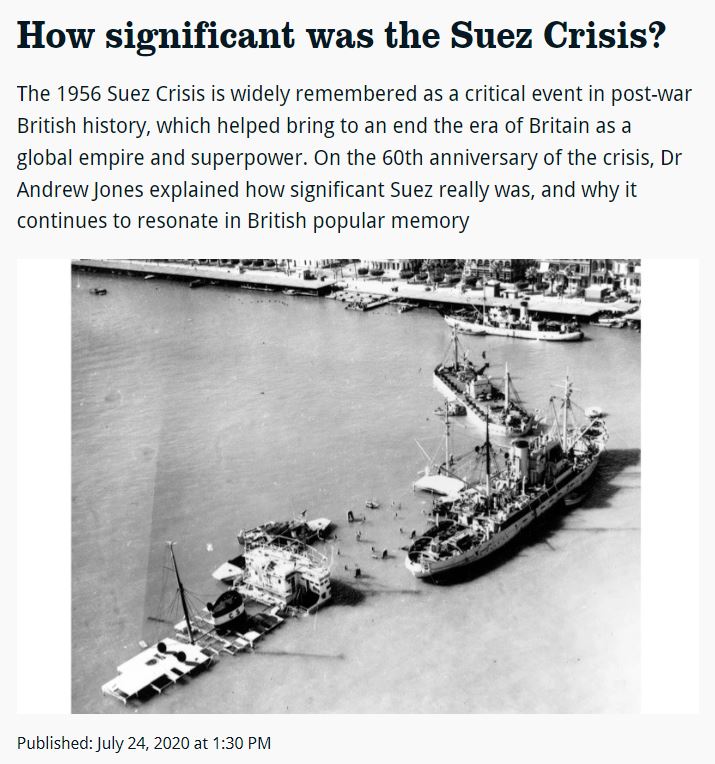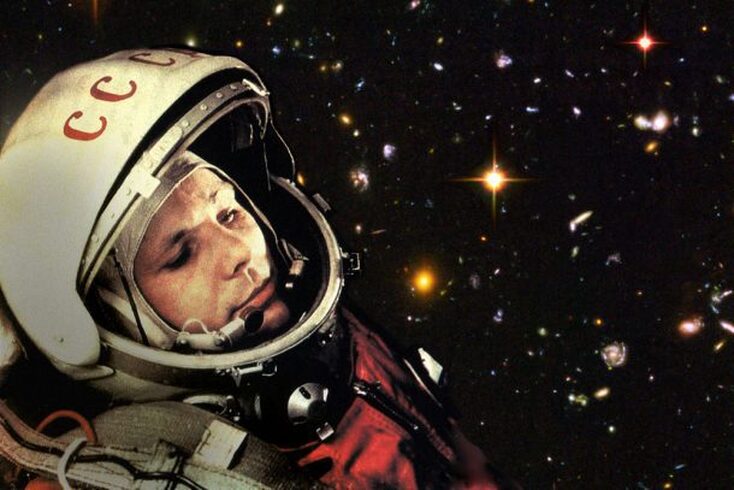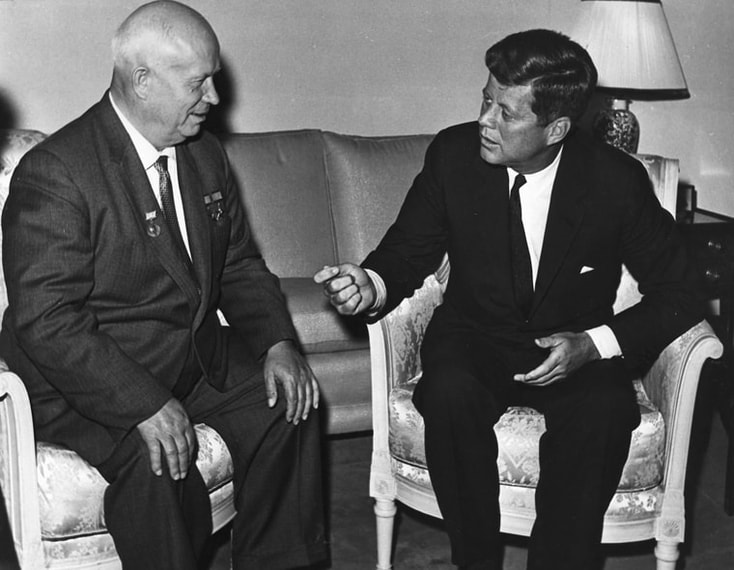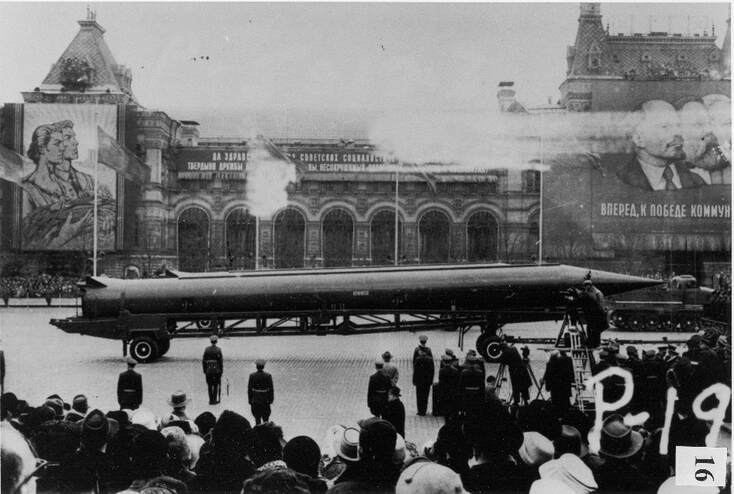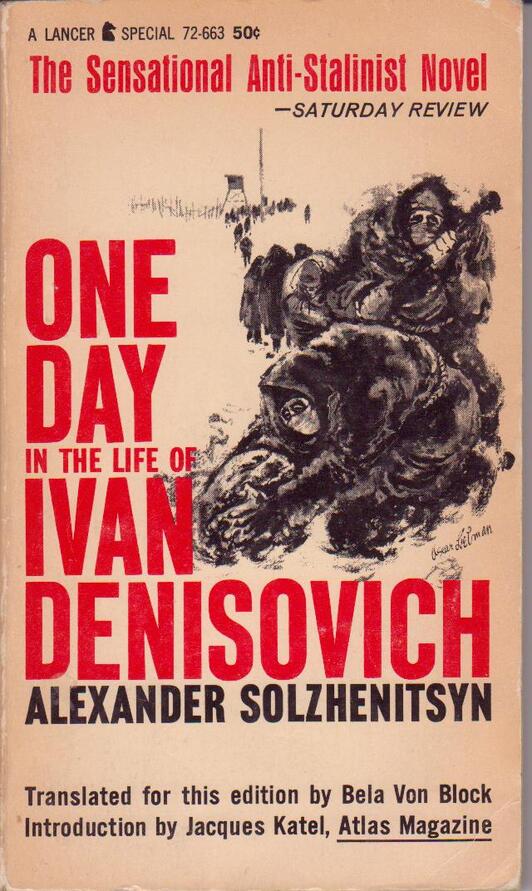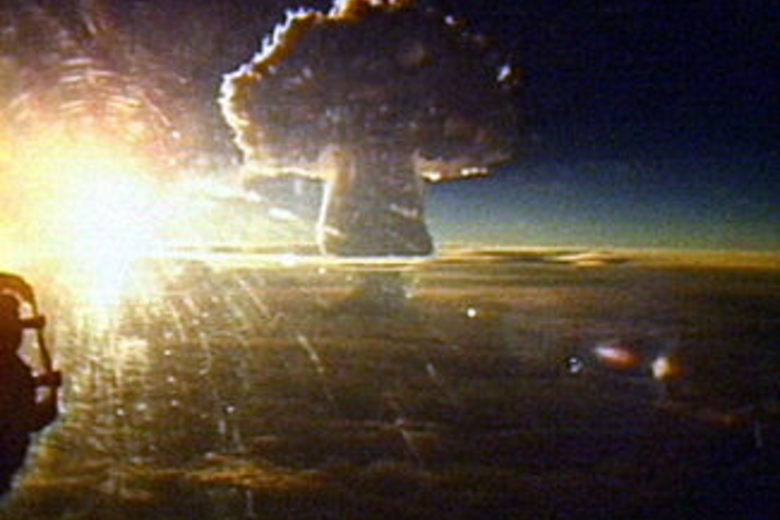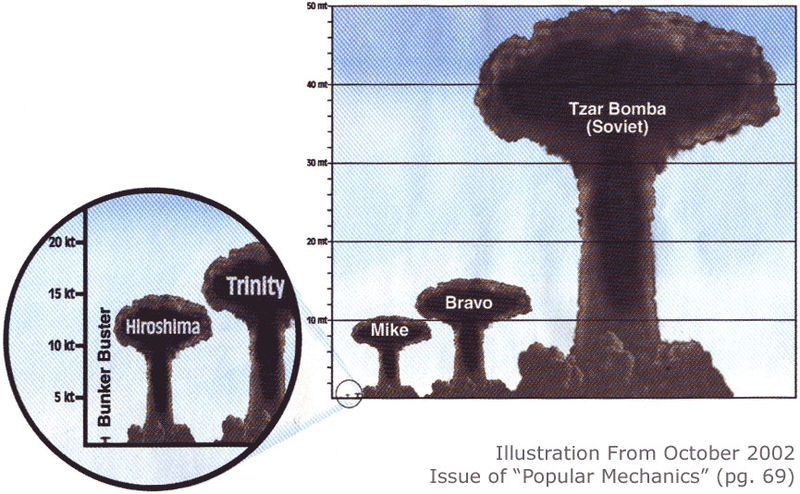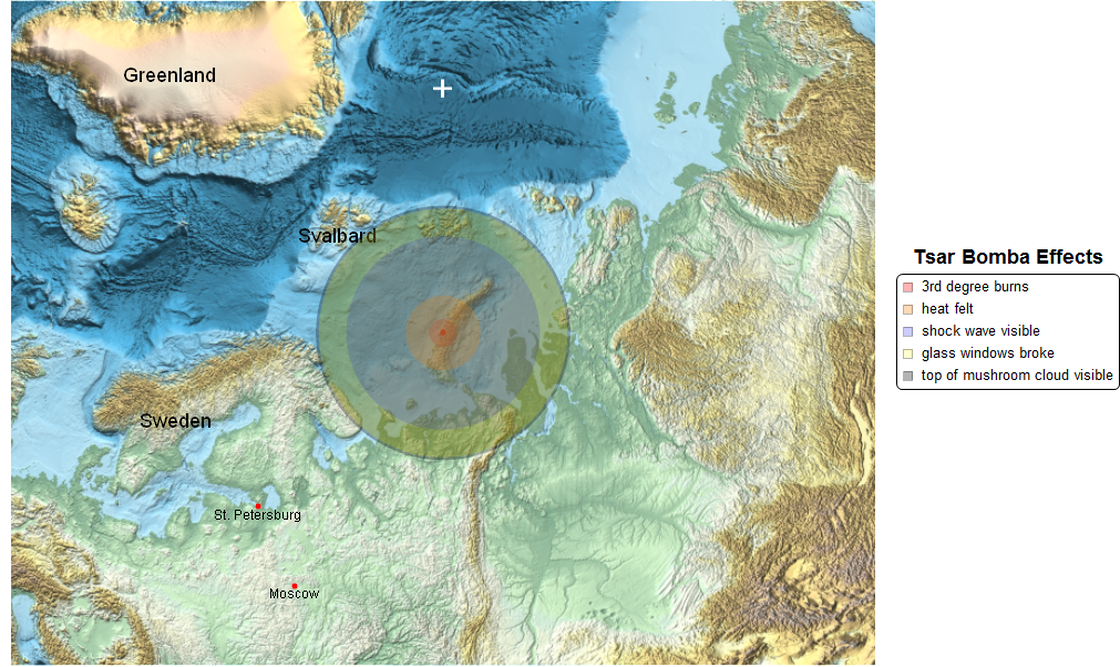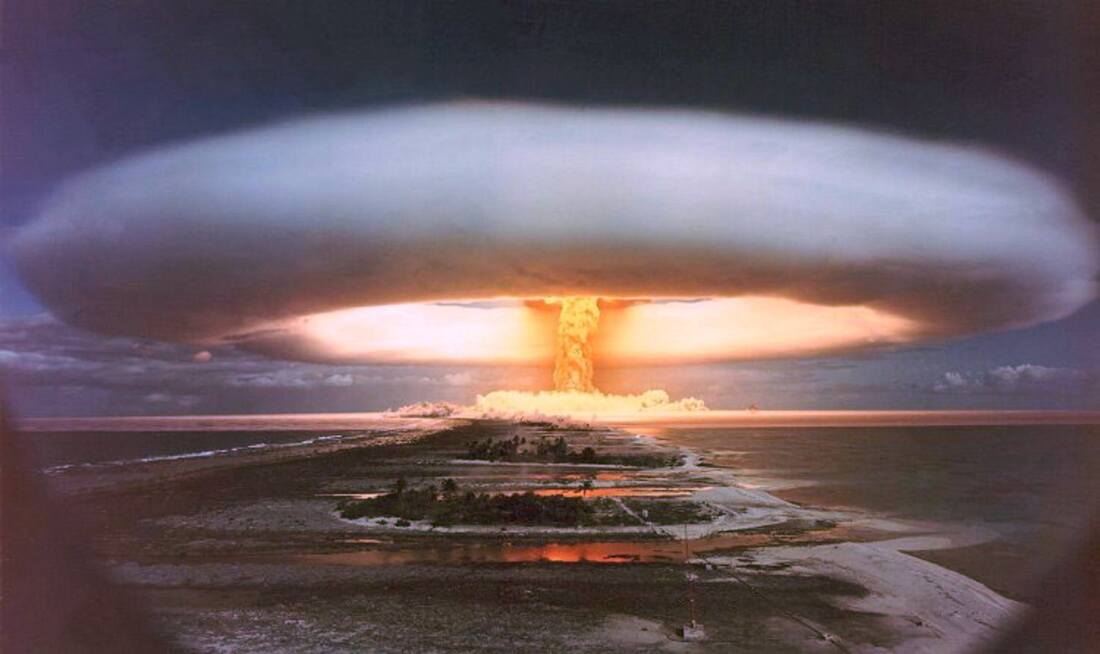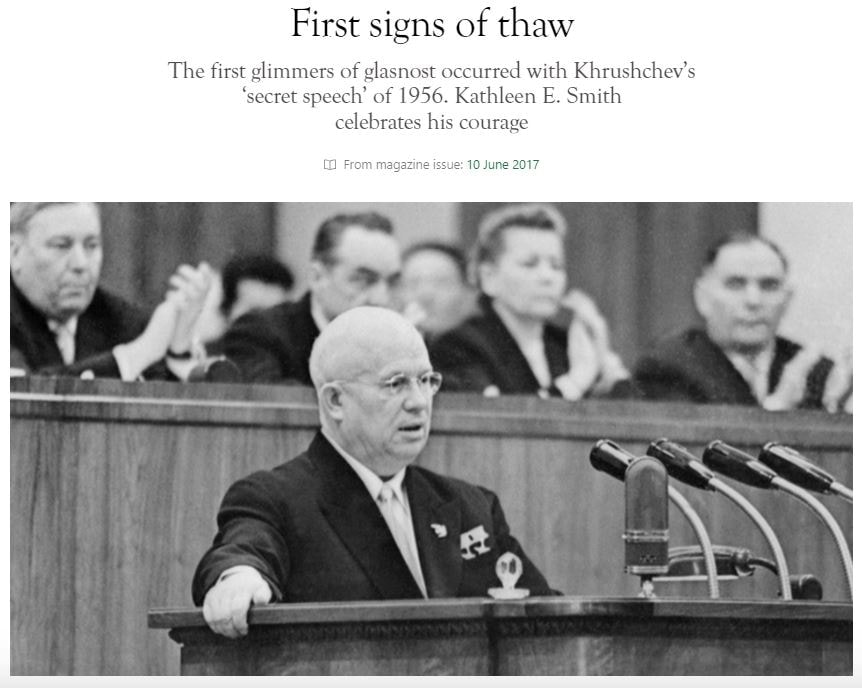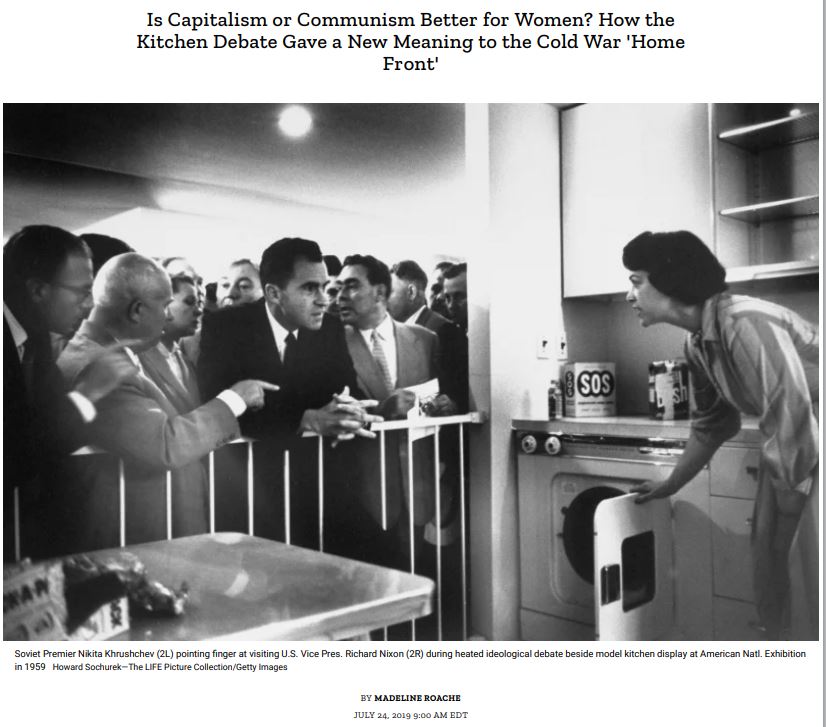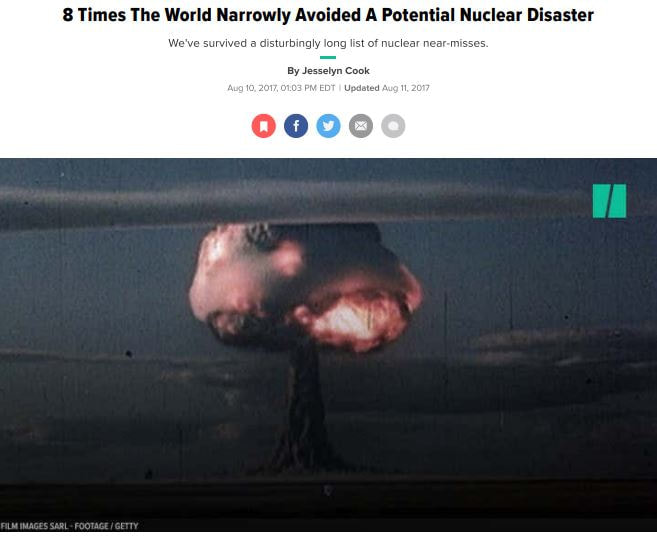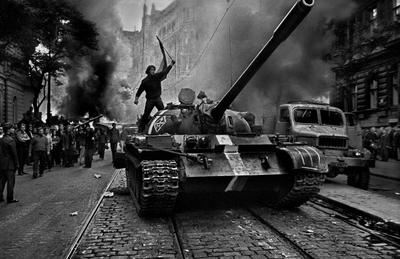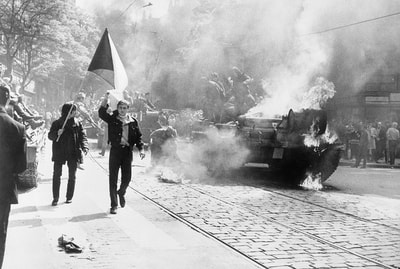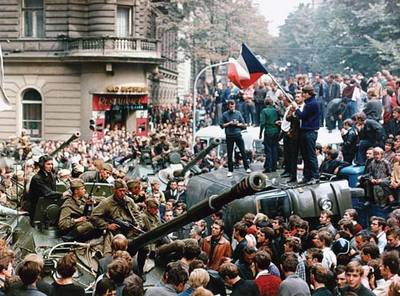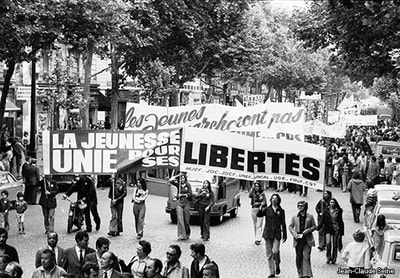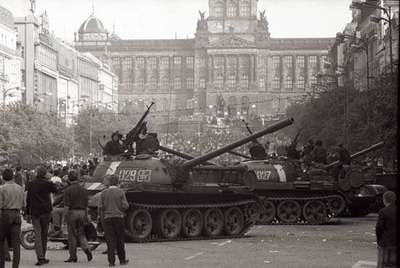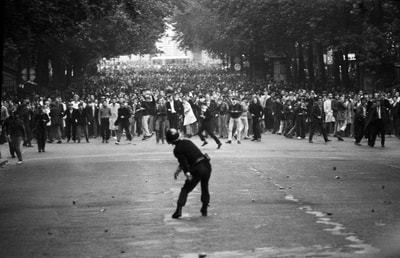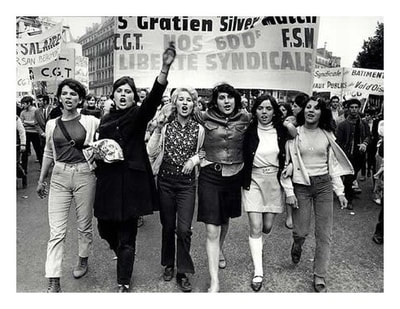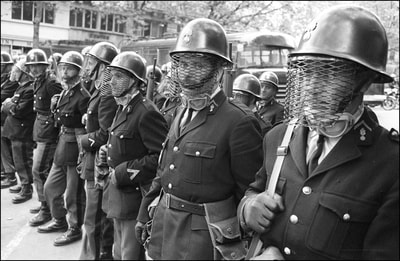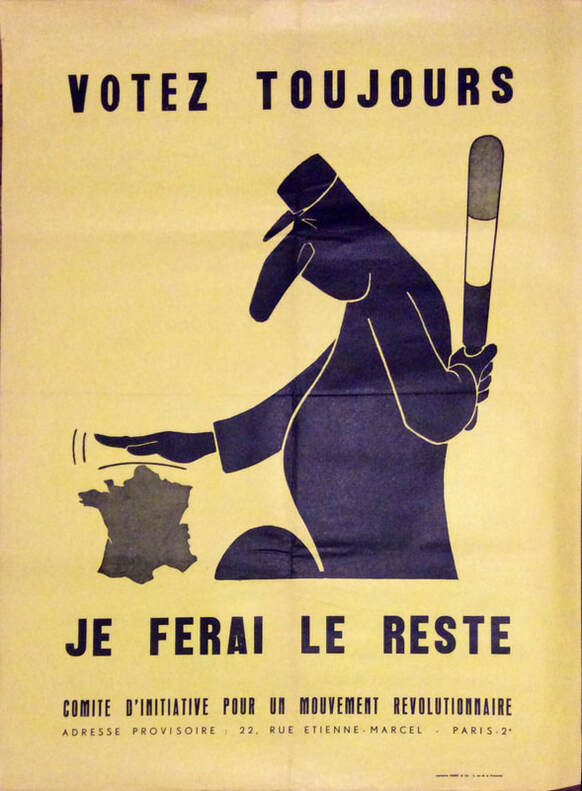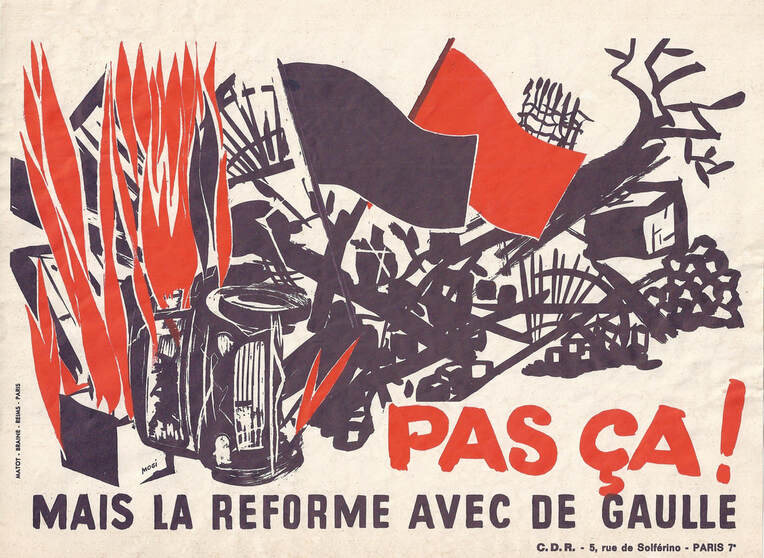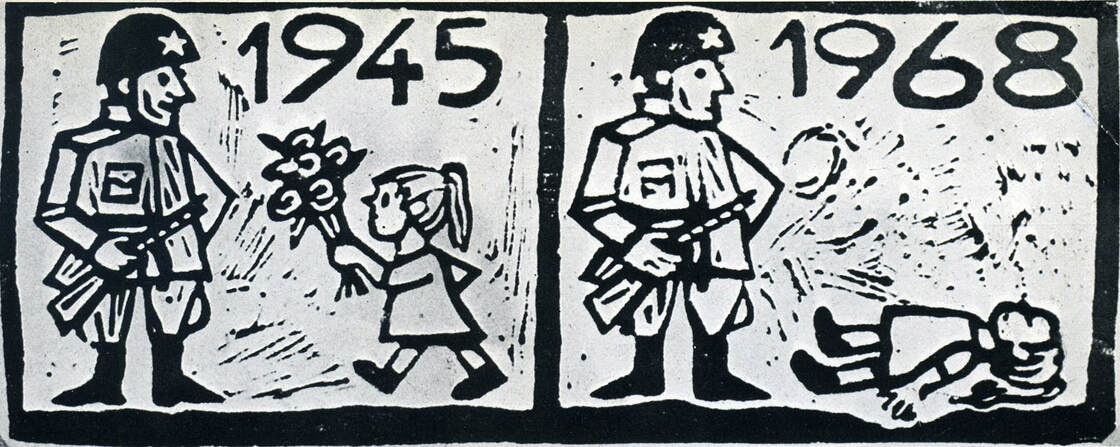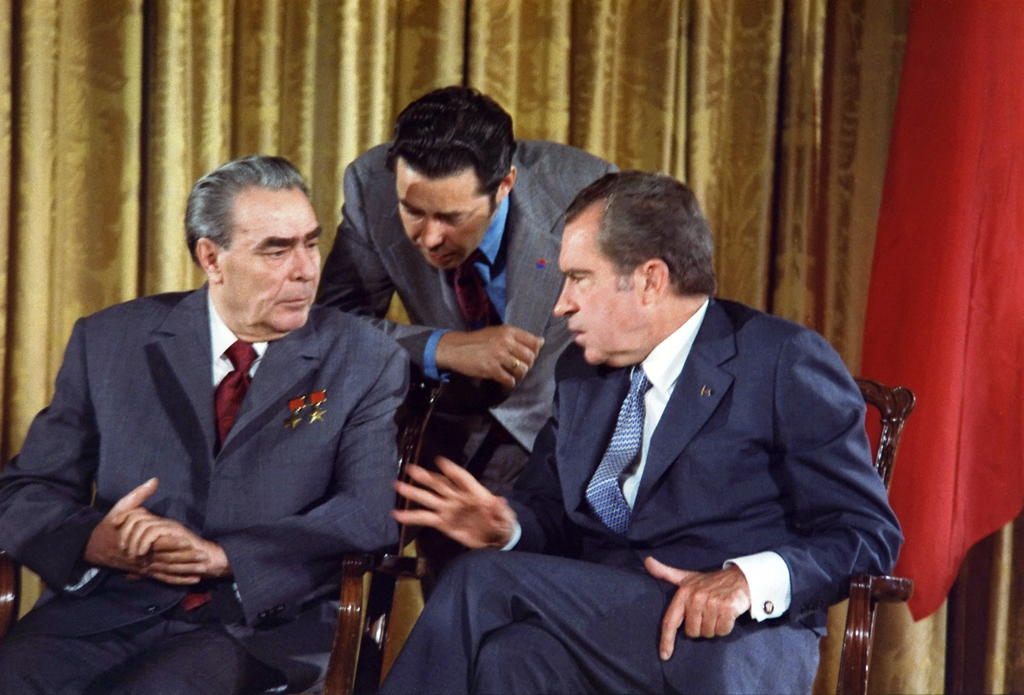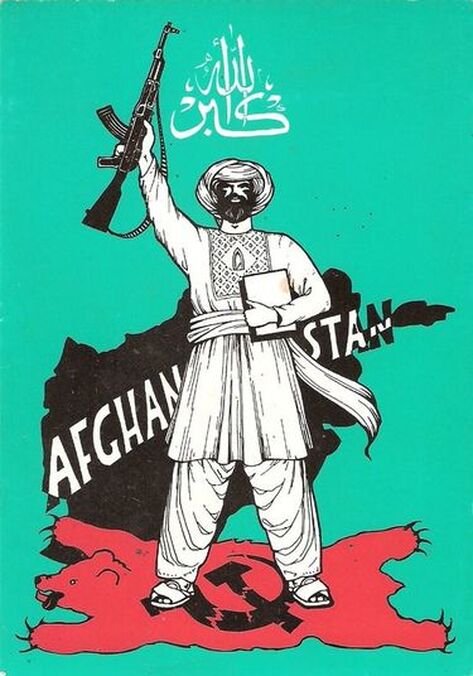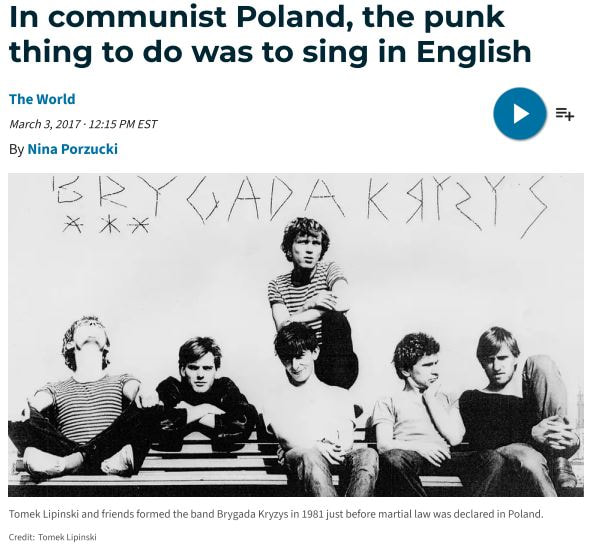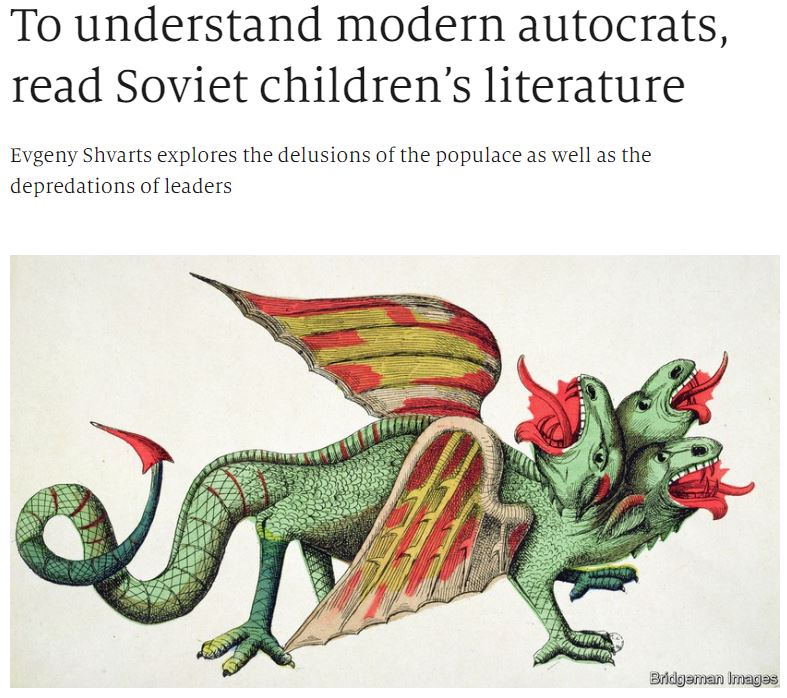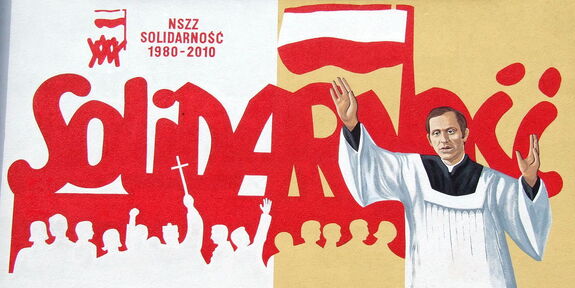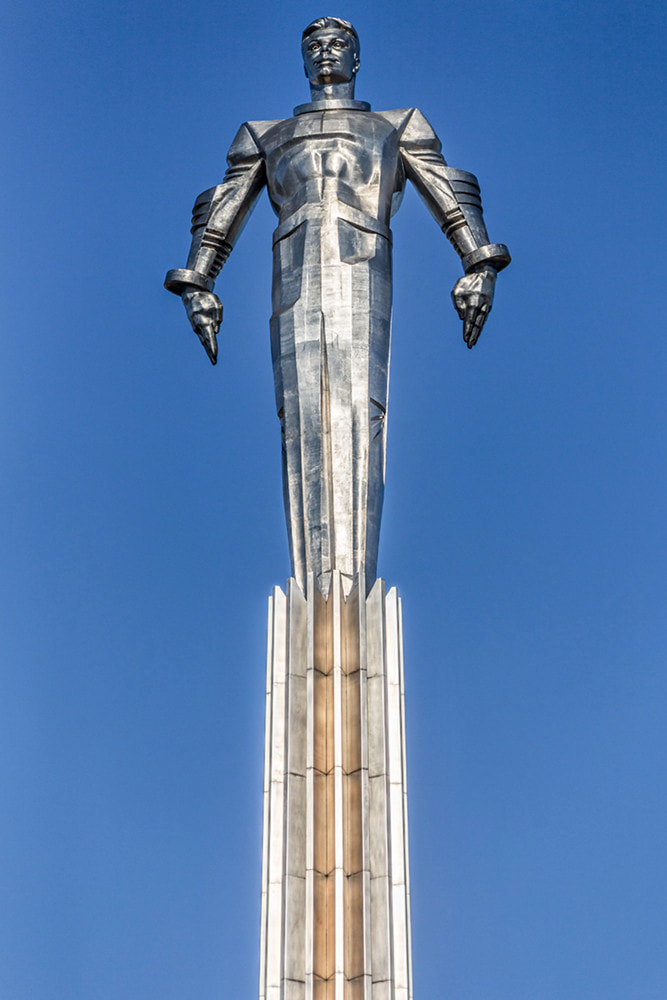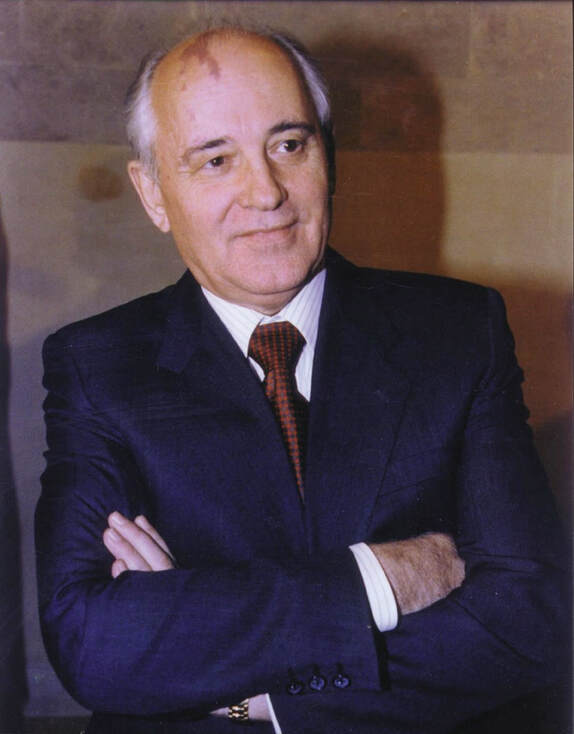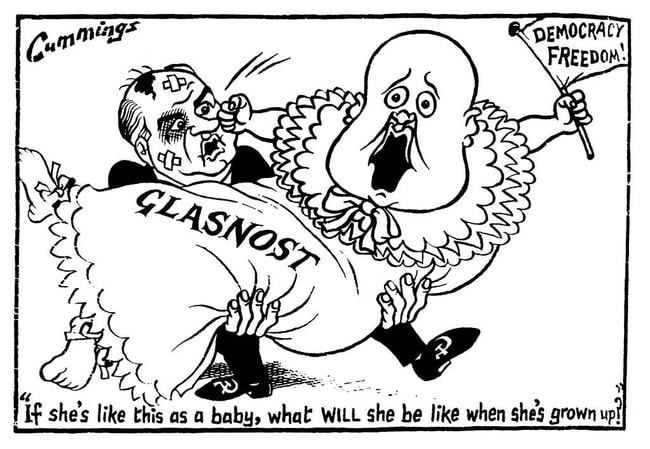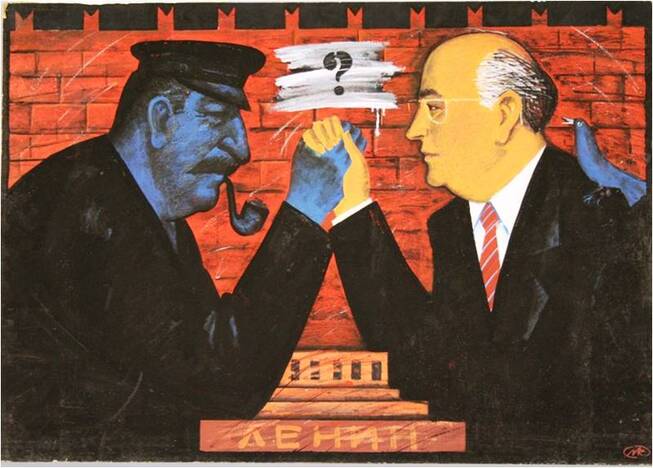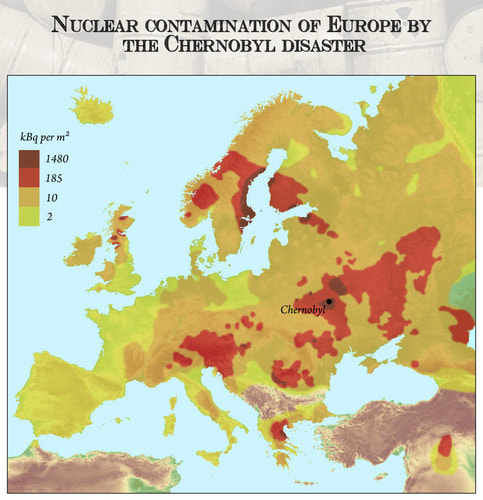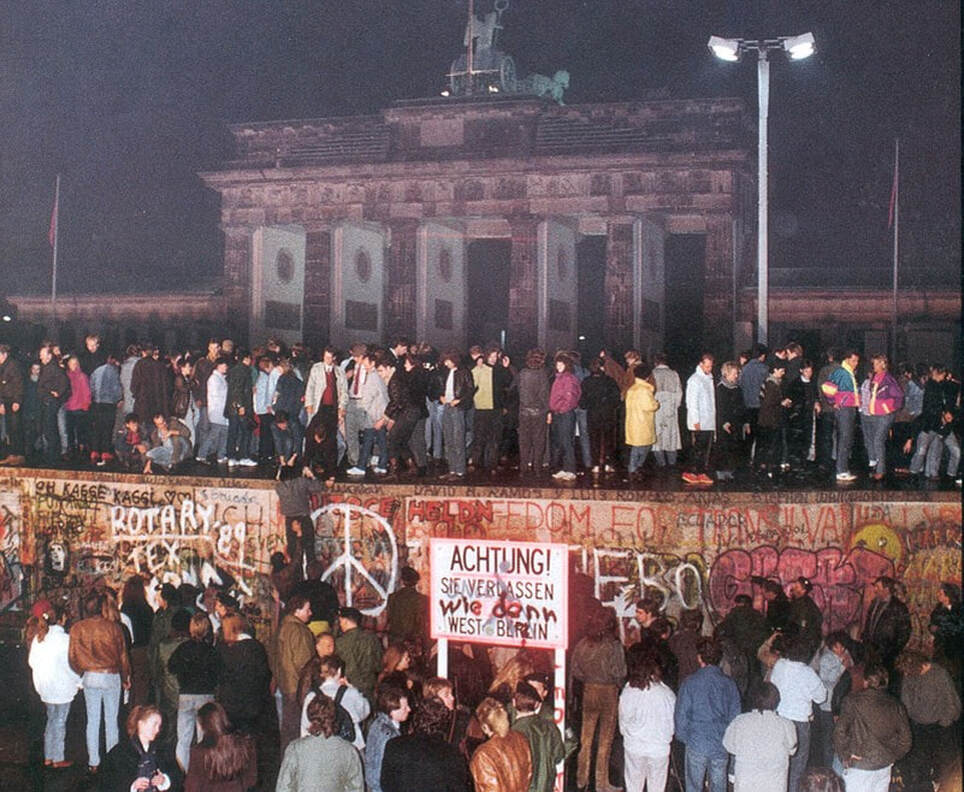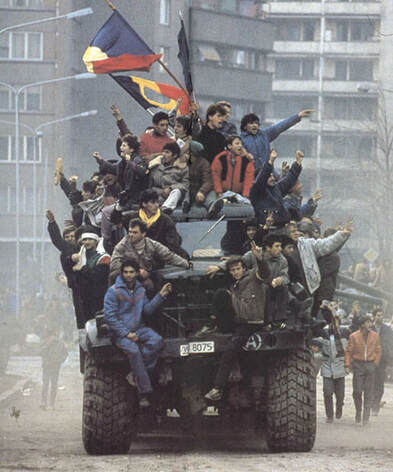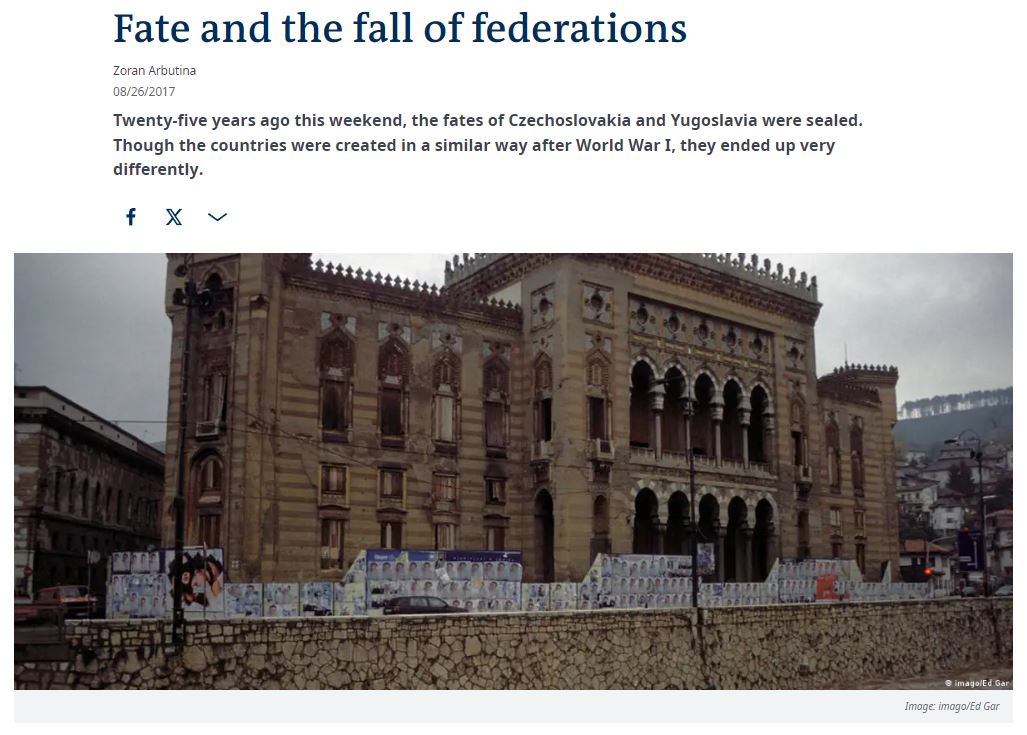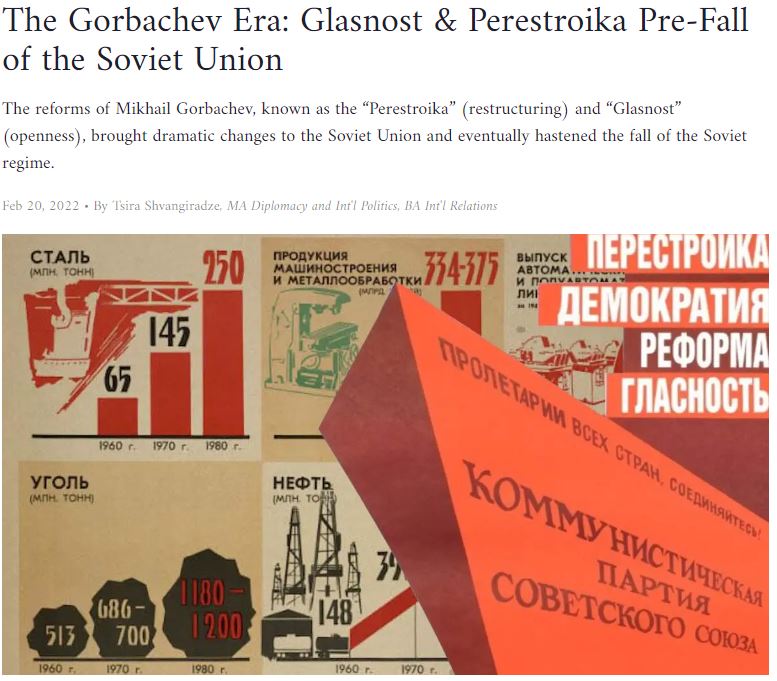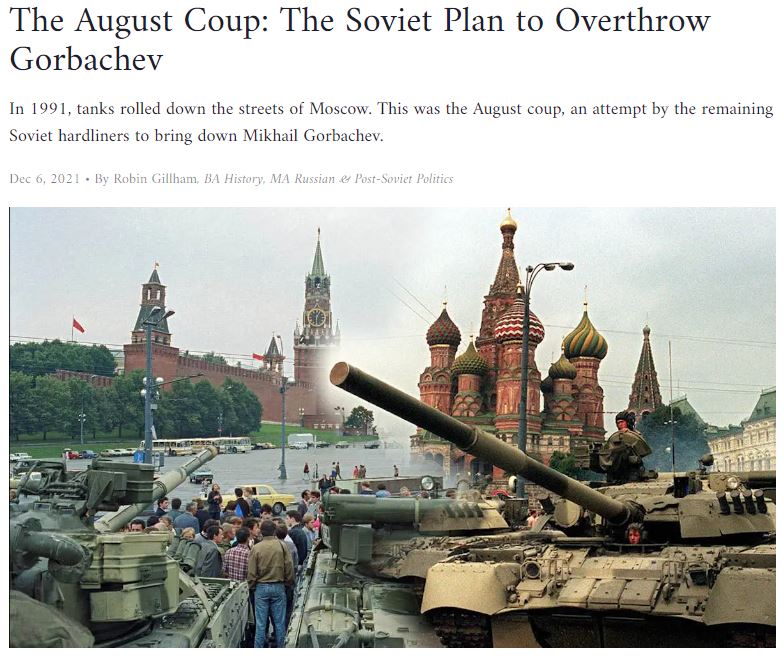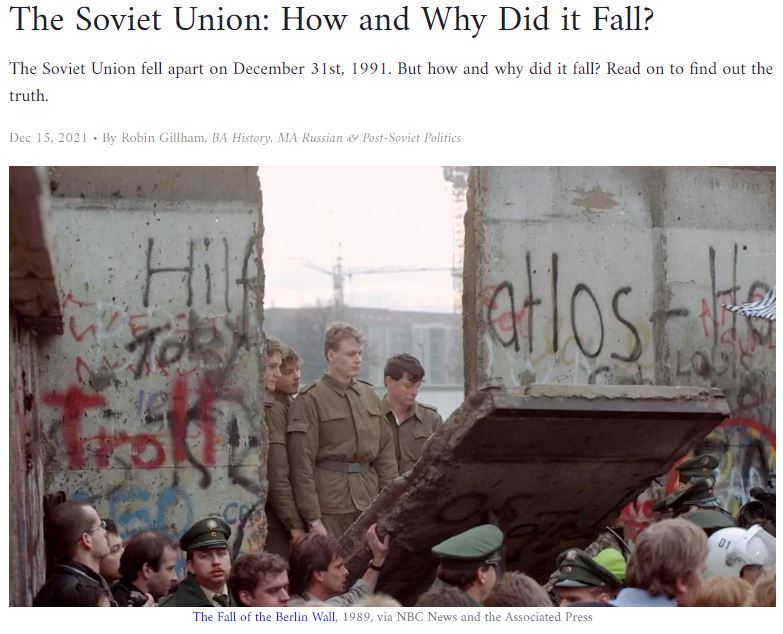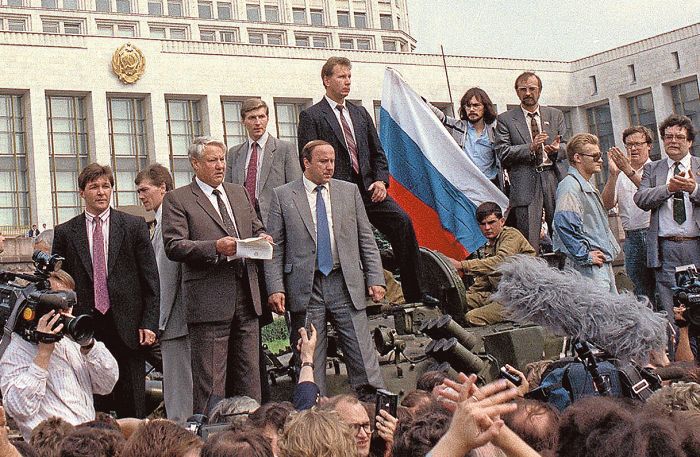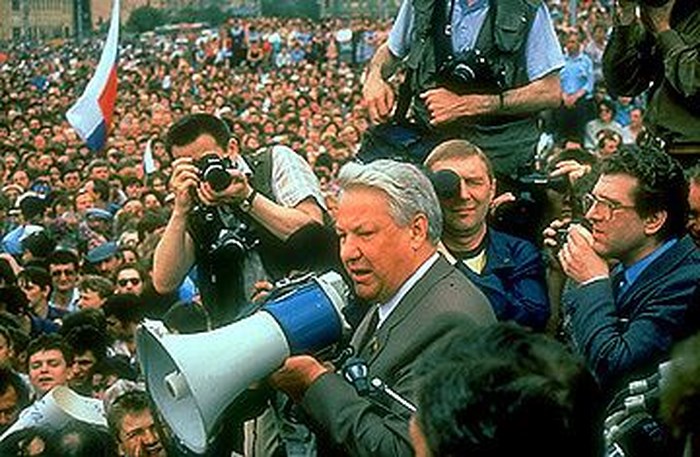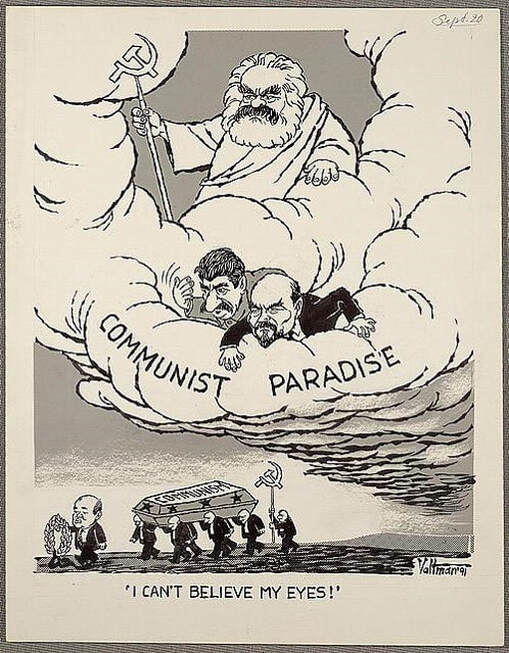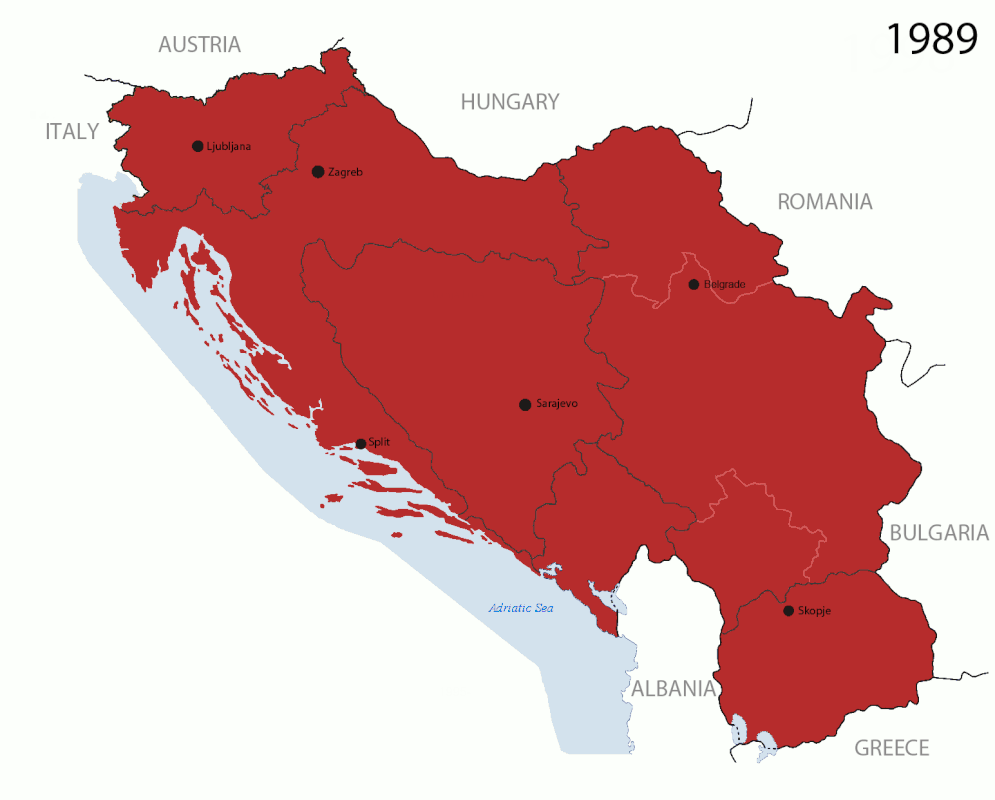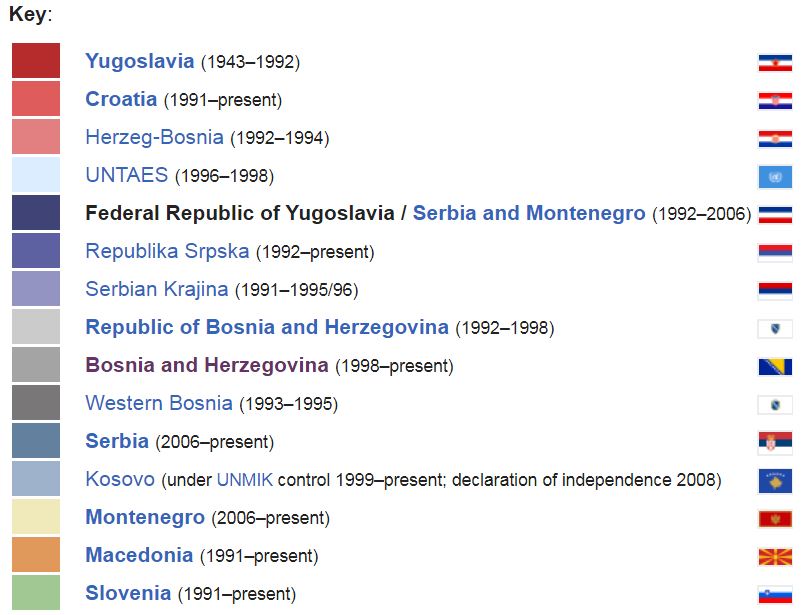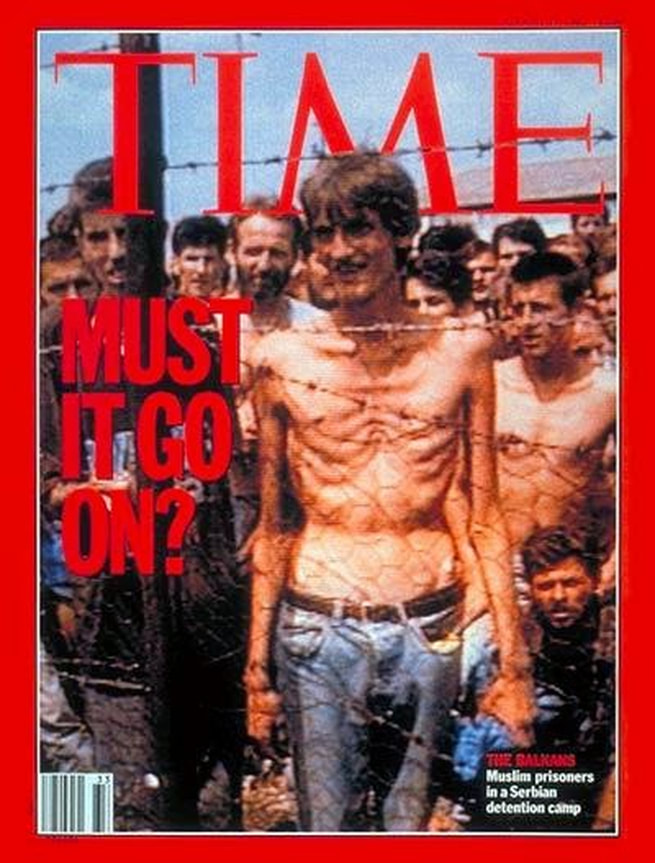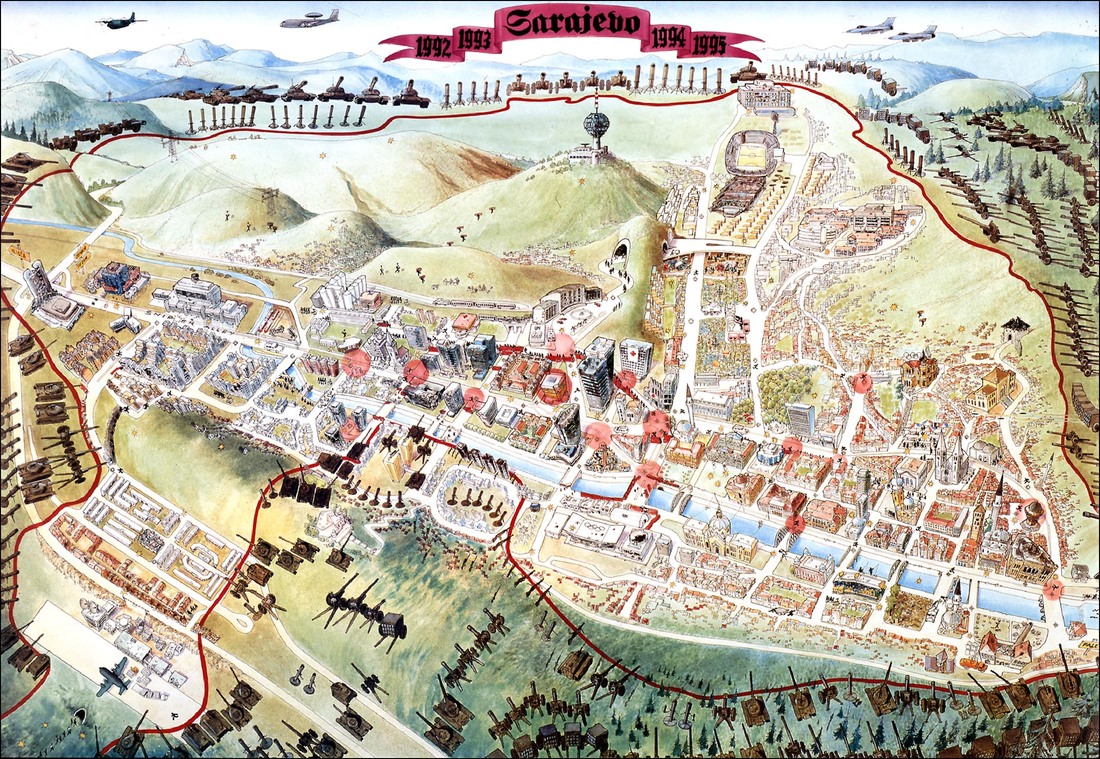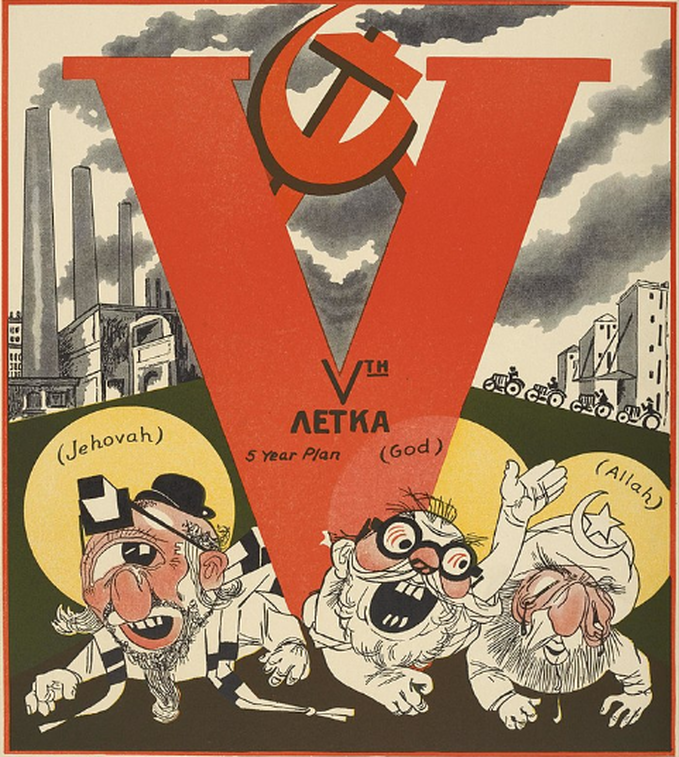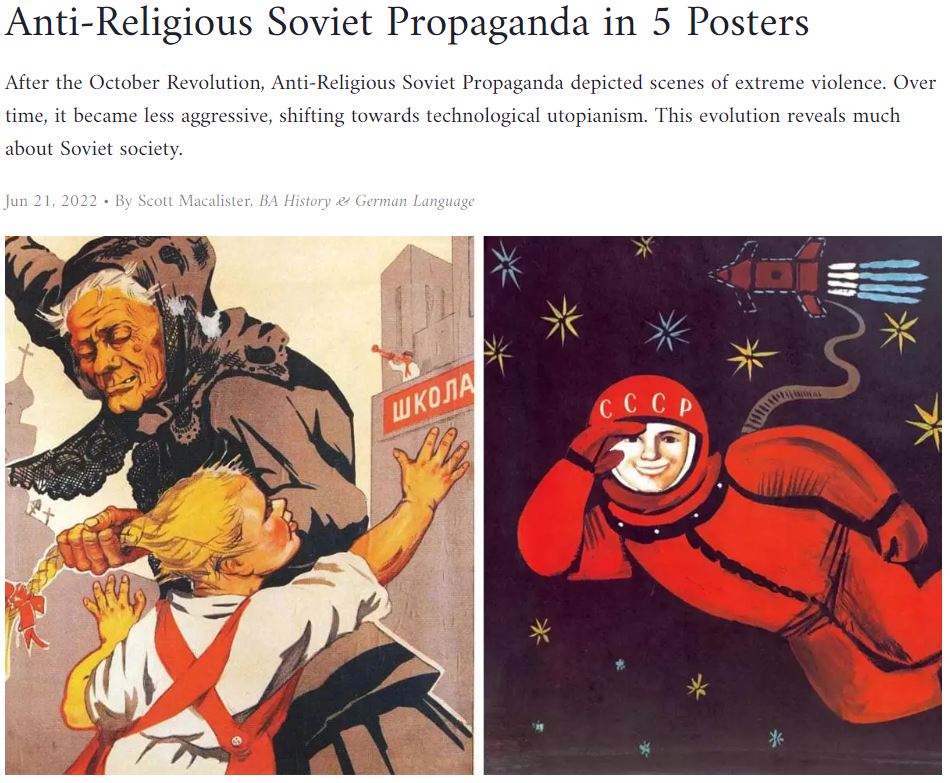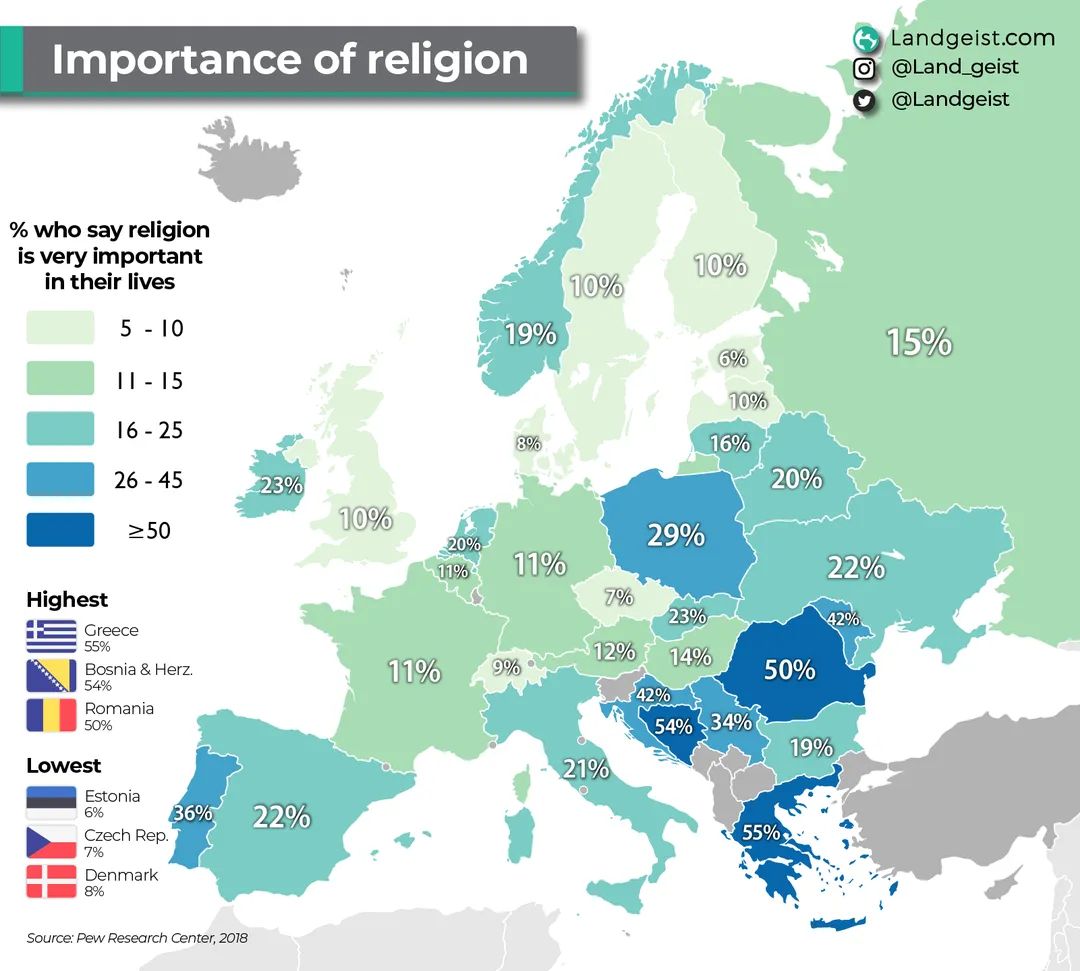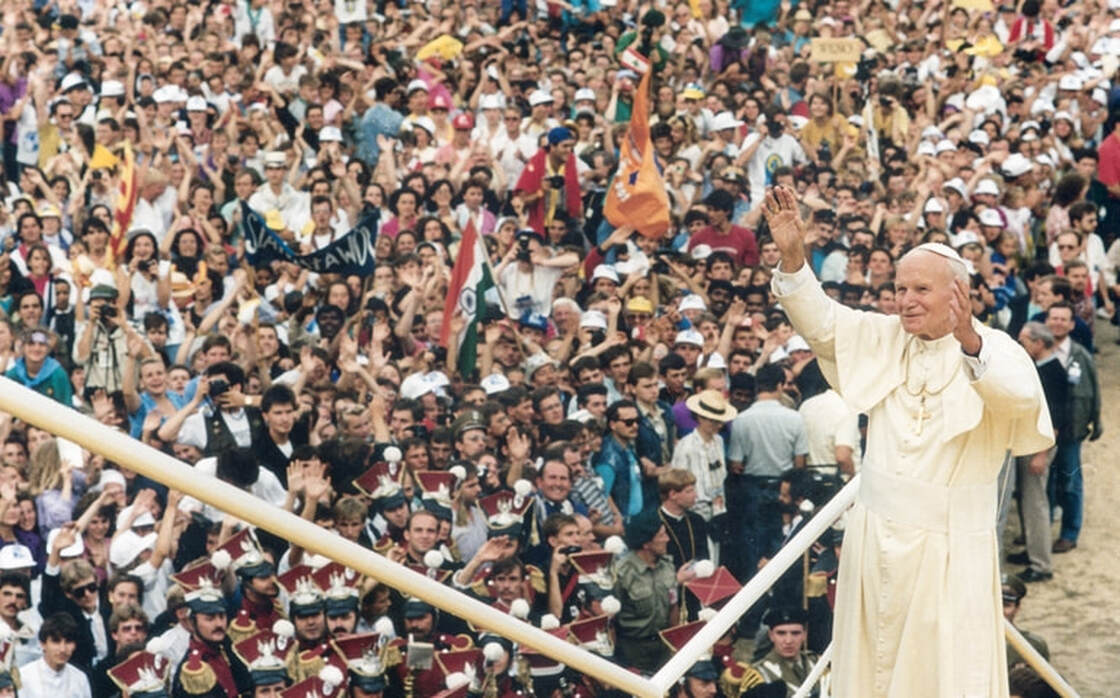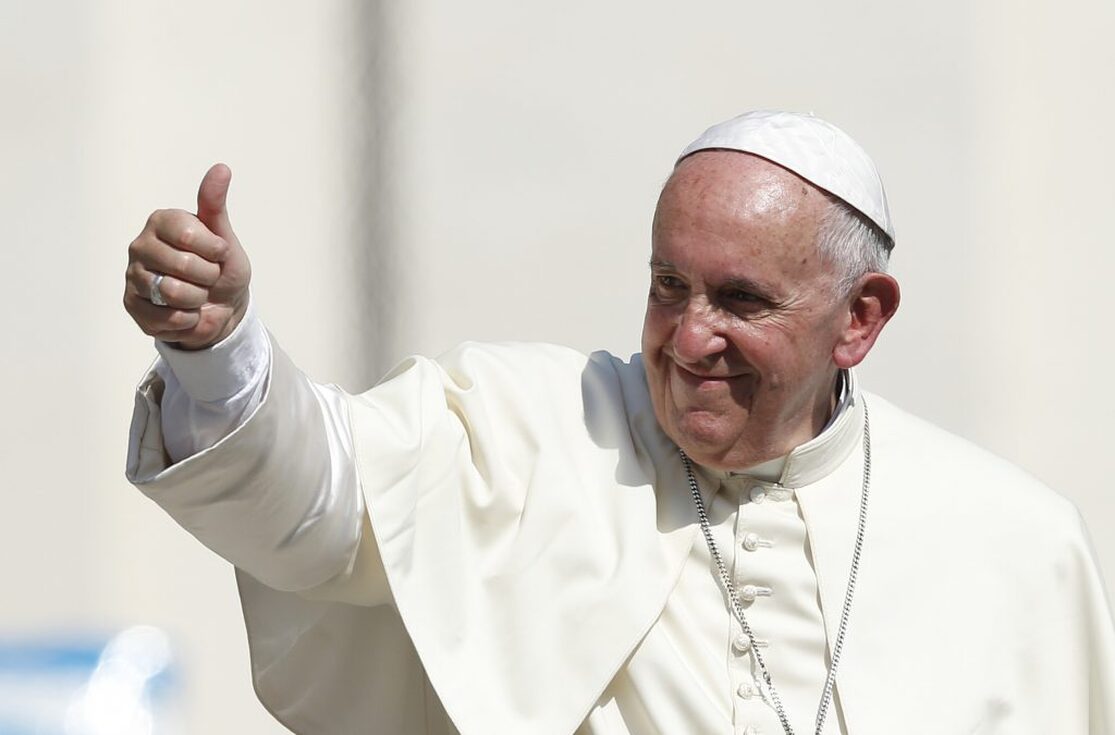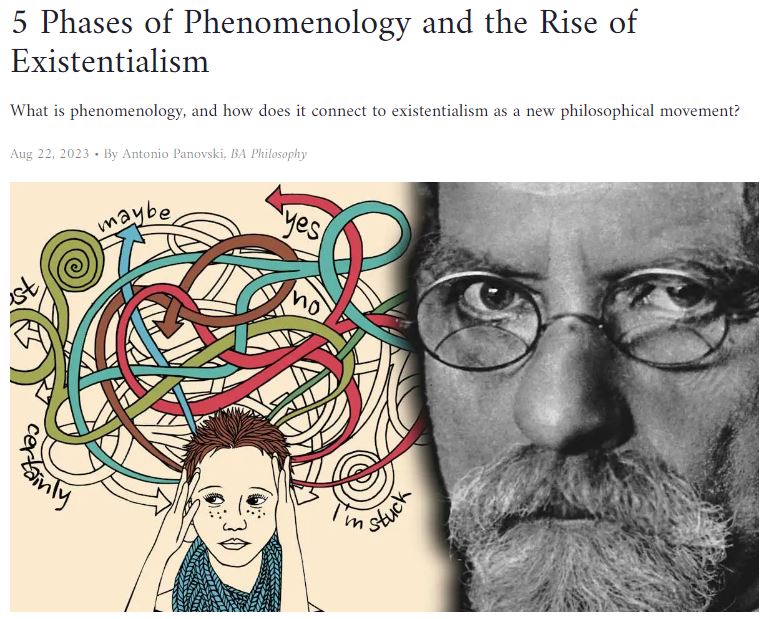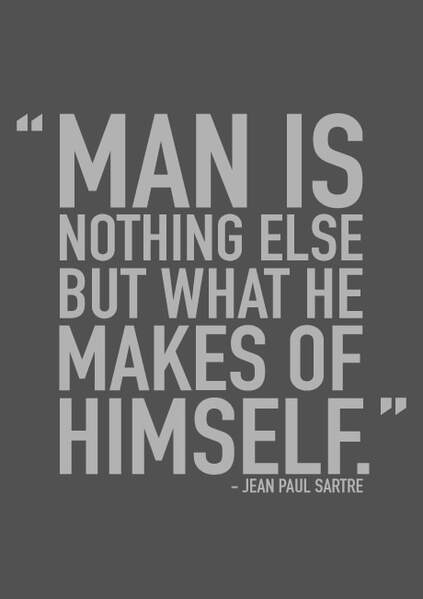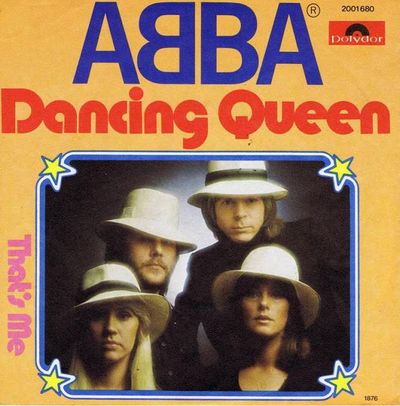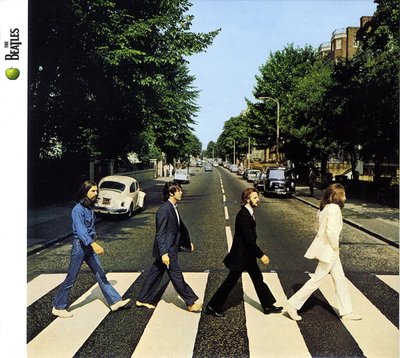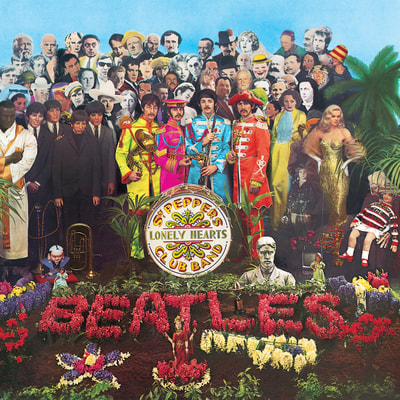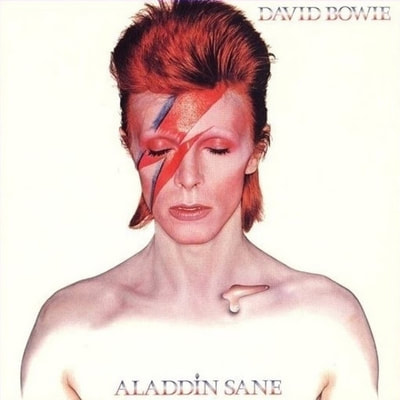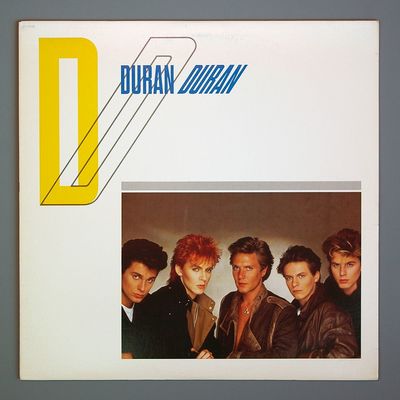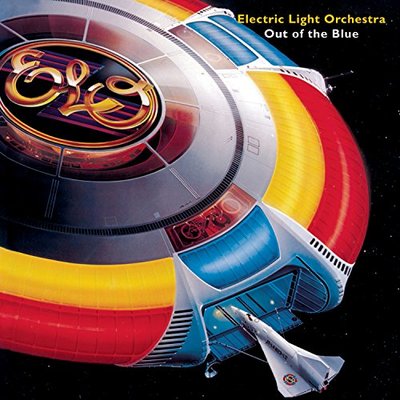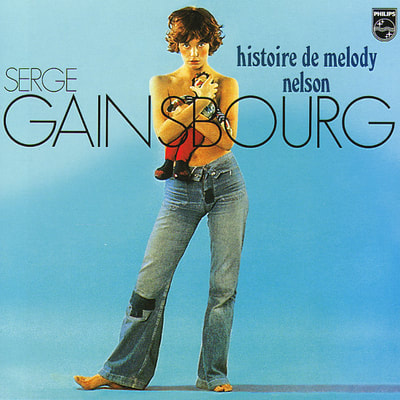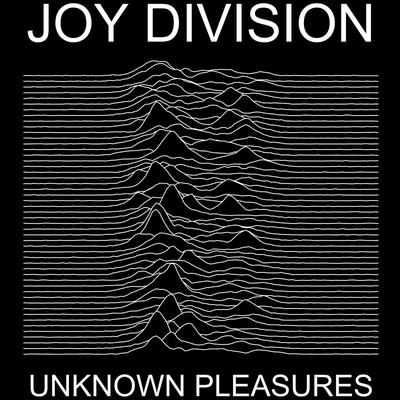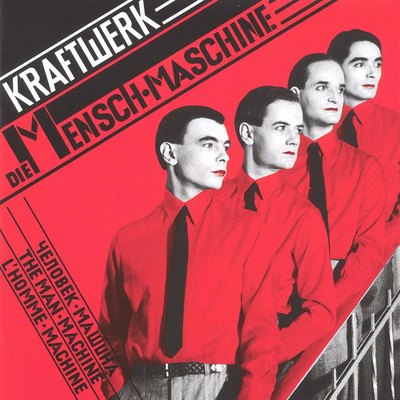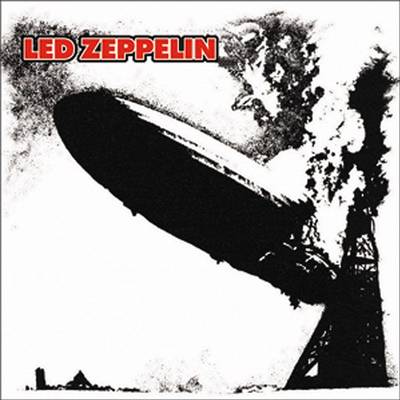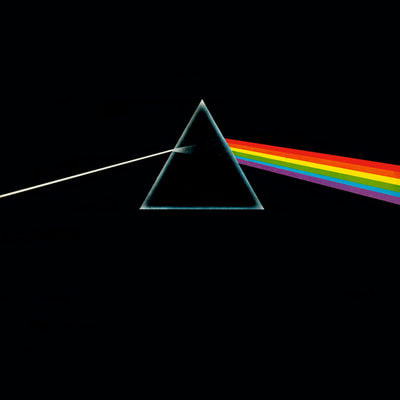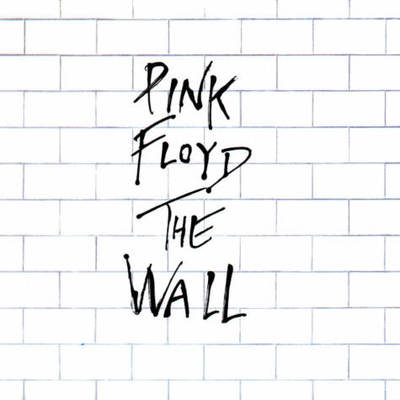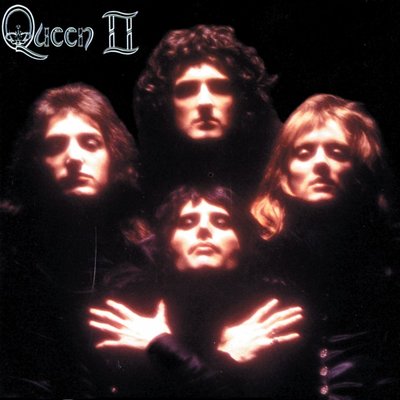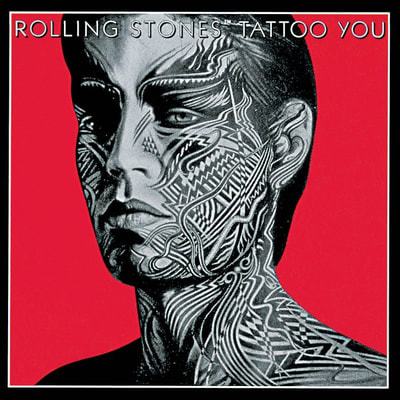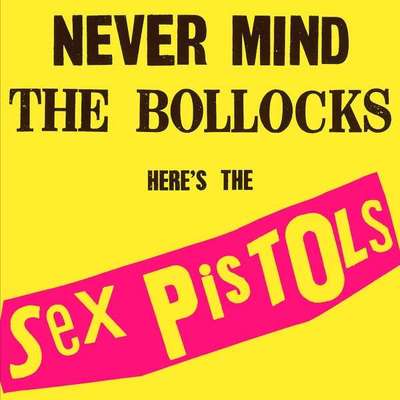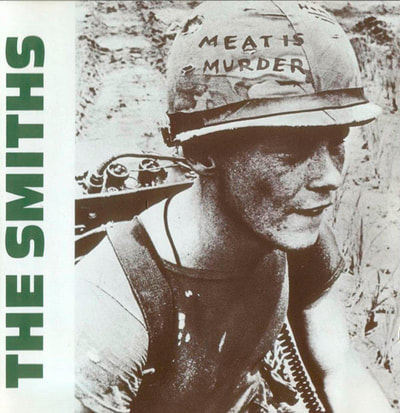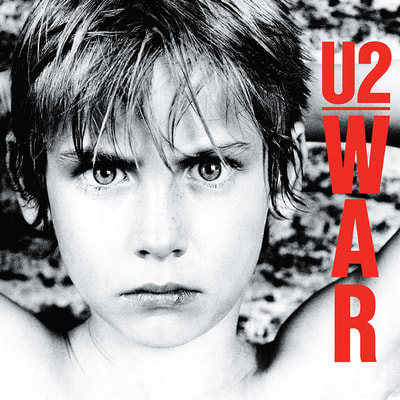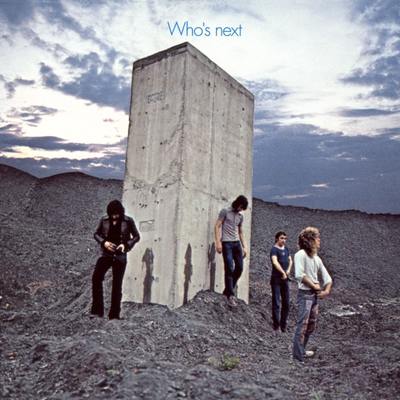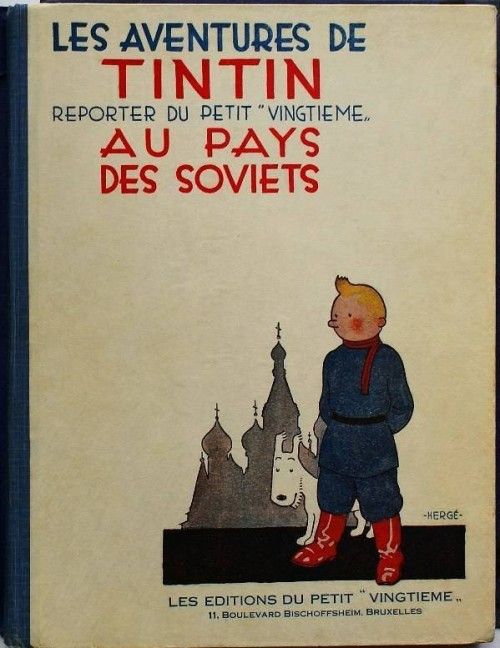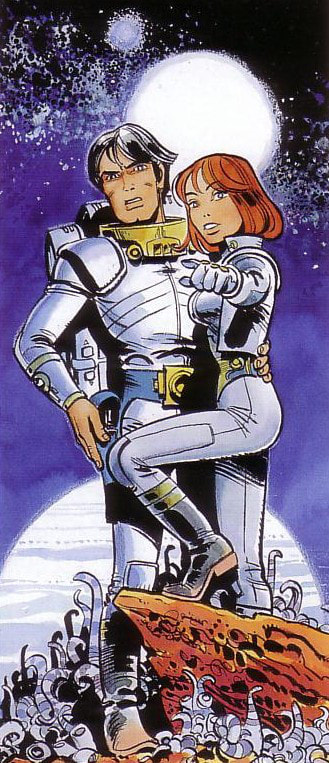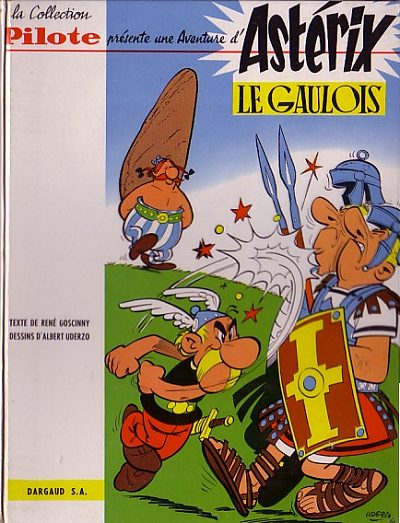The uneasy alliance between Soviet Russia and the West during World War II gave way after 1945 to a diplomatic, political, and economic confrontation between the democratic, capitalist states of Western Europe allied with the United States and the communist bloc of Eastern Europe dominated by the Soviet Union.
The Cold War,
c. 1945-1991 CE
Contents
The uneasy alliance between Soviet Russia and the West during World War II gave way after 1945 to a diplomatic, political, and economic confrontation between the democratic, capitalist states of Western Europe allied with the United States and the communist bloc of Eastern Europe dominated by the Soviet Union. During the Cold War, relations between the two blocs fluctuated, but one consequence of the conflict was that European nations could not act autonomously in international affairs; the superpowers— the Soviet Union and the United States—controlled international relations in Europe.
During the 20th century, European imperialism, power, and sense of superiority reached both its apogee and nadir. In the first half of the century, nations extended their control and influence over most of the non-Western world, often through League of Nations’ mandates. The idea of decolonization was born early in the century with the formation of movements seeking rights for indigenous peoples; the material and moral destruction of World War II made the idea a reality. After the war, regions colonized and dominated by European nations moved from resistance to independence at differing rates and with differing consequences. Yet even after decolonization, neo-colonial dependency persisted, and millions of people migrated to Europe as its economy recovered from the war.
Following a series of largely peaceful revolutions in 1989, culminating in the collapse of the Soviet Union in 1991, the formerly communist states of Eastern Europe moved toward democracy and capitalist economies, and over time some of these states joined the European Union. One unforeseen consequence of the end of the Cold War was the re-emergence of nationalist movements within states, which led to the Balkan wars in Yugoslavia and tensions among the successor states of the Soviet Union as well as the rebirth of nationalist political parties in Western Europe.
During the 20th century, European imperialism, power, and sense of superiority reached both its apogee and nadir. In the first half of the century, nations extended their control and influence over most of the non-Western world, often through League of Nations’ mandates. The idea of decolonization was born early in the century with the formation of movements seeking rights for indigenous peoples; the material and moral destruction of World War II made the idea a reality. After the war, regions colonized and dominated by European nations moved from resistance to independence at differing rates and with differing consequences. Yet even after decolonization, neo-colonial dependency persisted, and millions of people migrated to Europe as its economy recovered from the war.
Following a series of largely peaceful revolutions in 1989, culminating in the collapse of the Soviet Union in 1991, the formerly communist states of Eastern Europe moved toward democracy and capitalist economies, and over time some of these states joined the European Union. One unforeseen consequence of the end of the Cold War was the re-emergence of nationalist movements within states, which led to the Balkan wars in Yugoslavia and tensions among the successor states of the Soviet Union as well as the rebirth of nationalist political parties in Western Europe.
Existentialism, postmodernism, and renewed religiosity challenged the perceived dogmatism of positivist science.
The major trend of 20th-century European thought and culture moved from an optimistic view that modern science and technology could solve the problems of humankind to the formation of eclectic and sometimes skeptical movements that doubted the possibility of objective knowledge and of progress. Existentialism, postmodernism, and renewed religiosity challenged the perceived dogmatism of positivist science.
While European society became increasingly secular, religion continued to play a role in the lives of many Europeans. Religious denominations addressed and in some cases incorporated modern ideas, such as the toleration of other religions, as well as scholarship—biblical and scientific—that challenged the veracity of the Bible. The Christian churches made these accommodations as immigration, particularly from Muslim countries, altered the religious landscape, challenging Europe’s traditional Judeo-Christian identity.
After World War I, prewar trends in physics, psychology, and medical science accelerated. In physics, new discoveries and theories challenged the certainties of a Newtonian universe by introducing the ideas of relativity and uncertainty. Psychology, which became an independent field of inquiry at the end of the 19th century, advanced the claim that much human behavior stemmed from irrational sources.
By the mid-20th century, dramatic new medical technologies prolonged life but created new social, moral, and economic problems. During World War II, the potential dangers of scientific and technological achievements were demonstrated by the industrialization of death in the Holocaust and by the vast destruction wrought by the atomic bombs dropped on Japanese cities. It became clear that science could create weapons powerful enough to end civilization.
The art world in the 20th century was defined by experimentation and subjectivity, which asserted the independence of visual arts from realism. Futurism glorified the machine age, Dadaism satirized traditional aesthetics, and Expressionism and Surrealism explored the relationship between art and the emotions or the unconscious. In the interwar period, the slogan “form follows function” expressed a desire by architects to render the space in which we live and work more efficient. Throughout the century, American culture exerted an increasing pull on both elite and popular culture in Europe.
Source: https://apcentral.collegeboard.org/pdf/ap-european-history-course-and-exam-description.pdf
While European society became increasingly secular, religion continued to play a role in the lives of many Europeans. Religious denominations addressed and in some cases incorporated modern ideas, such as the toleration of other religions, as well as scholarship—biblical and scientific—that challenged the veracity of the Bible. The Christian churches made these accommodations as immigration, particularly from Muslim countries, altered the religious landscape, challenging Europe’s traditional Judeo-Christian identity.
After World War I, prewar trends in physics, psychology, and medical science accelerated. In physics, new discoveries and theories challenged the certainties of a Newtonian universe by introducing the ideas of relativity and uncertainty. Psychology, which became an independent field of inquiry at the end of the 19th century, advanced the claim that much human behavior stemmed from irrational sources.
By the mid-20th century, dramatic new medical technologies prolonged life but created new social, moral, and economic problems. During World War II, the potential dangers of scientific and technological achievements were demonstrated by the industrialization of death in the Holocaust and by the vast destruction wrought by the atomic bombs dropped on Japanese cities. It became clear that science could create weapons powerful enough to end civilization.
The art world in the 20th century was defined by experimentation and subjectivity, which asserted the independence of visual arts from realism. Futurism glorified the machine age, Dadaism satirized traditional aesthetics, and Expressionism and Surrealism explored the relationship between art and the emotions or the unconscious. In the interwar period, the slogan “form follows function” expressed a desire by architects to render the space in which we live and work more efficient. Throughout the century, American culture exerted an increasing pull on both elite and popular culture in Europe.
Source: https://apcentral.collegeboard.org/pdf/ap-european-history-course-and-exam-description.pdf
The Cold War
Objectives:
- Explain the causes, events, and effects of the Cold War in the period following World War II.
- Explain the economic and political consequences of the Cold War for Europe.
- Explain state-based economic developments following World War II and the responses to these developments.
- Explain how economic developments resulted in economic and political change in the period after World War II.
- Explain the various ways in which colonial groups around the world sought independence from colonizers in the 20th and 21st centuries.
Post-War Rebuilding and the Cold War: Crash Course European History #41
Sometimes, friendship isn't forever. At the conclusion of World War II, the old structures of power were a shambles. The traditional European powers were greatly weakened by years of total war and widespread destruction. The USSR was looking to expand its sphere of influence in Eastern Europe, and at the same time, the United States was assisting with the rebuilding of Western Europe (with some hegemonic strings attached). As two nuclear-armed superpowers emerged, the world entered the Cold War
Post-World War II Recovery: Crash Course European History #42
At the end of World War II, the nations of Europe were a shambles. Today we'll learn about how the various countries and blocs approached the problem of rebuilding their infrastructure and helping their residents recover. You'll learn about the Marshall plan and the various treaties that led to the modern-day European Union.
1945-1955
Postwar Germany was divided into four zones of Allied occupation. By 1949, the British, French, and American zones united as capitalist, democratic West Germany. The Soviet zone became communist East Germany.
|
Stalin broke his promise to allow free elections in Eastern Europe leading to a breakdown of relations with Britain and the USA. By 1946, Winston Churchill announced that an "Iron Curtain" had descended across Europe.
In this French poster from 1951, a young woman seeks protection from the looming storm clouds of Communism by holding aloft an umbrella comprised of the flags of western European nations.
At the time western Europe was taking its first critical steps toward economic and political union, with the formation in 1951 of the European Coal and Steel Community. |
|
The Beveridge Report became the basis of the post-Second World War cradle-to-grave welfare state established in Great Britain.
|
The USA helped Western Europe rebuild with Marshall Plan aid.
|
The Cold War, 1945-1955 Quizlet (comprehensive)
The Cold War, 1945-1955 Quizlet (abridged)
|
Decolonization
Decolonization: Crash Course European History #43
After World War II, Europe was changing radically, and its place in the world was changing as well. European powers had colonized around the world in the 18th and 19th centuries, and in the 20th century, it all came crashing down. Of course, the degree of crashing was variable from country to country.
|
The partition of India displaced fifteen million people and killed more than a million.
Gold Coast became the first British African colony to win independence in 1957. Under the leadership of Kwame Nkrumah, the new state called itself Ghana after the medieval empire of that name.
|
French colonies fought hard for their freedom. Viet Minh forces overwhelmed a French garrison at Dien Bien Phu. The crisis of the Algerian War of Independence - depicted in the critically acclaimed 1966 film The Battle of Algiers - led to the collapse of the French Fourth Republic and establishment of the French Fifth Republic.
|
The breakup of the British Empire began with the 1947 Partition of India and ended with the return of Hong Kong to China 50 years later. Dozens of colonies became independent states in the interim.
1956-1967
The Soviet Union began draining the Aral Sea in the 1960s to irrigate crops.
At 50 million megatons, the Tsar Bomba thermonuclear device is the most powerful weapon ever developed. It was tested in 1961 during the peak of the Cold War. Reaching 35 miles into the atmosphere, the mushroom cloud was seven times the height of Mount Everest.
French hydrogen bomb test in French Polynesia, 1970. France became the fourth nuclear power in 1960.
|
Decolonization and the Cold War, 1956-1967 Quizlet (comprehensive)
Decolonization and the Cold War, 1956-1967 Quizlet (abridged)
|
1968
1968 was a year of high-profile clashes between youth reformers and authorities in both the Western and Eastern blocs.
Protests East and West: Crash Course European History #45
The post-World War II decades in Europe are sometimes called the Thirty Glorious Years. As those years wore on, tensions between East and West grew, and economic growth slowed or was unevenly distributed across Europe, protests and dissent arose across the continent.
|
Text: "VOTE ALWAYS/I WILL DO THE REST" A cartoon profile of the paternalistic Charles de Gaulle pats France on the head.
Text: "NOT THAT! BUT THE REFORMS OF DE GAULLE"
|
While Soviet forces were welcomed as liberators at the end of WWII, they had become the oppressors by the 1968 Prague Spring.
1969-1991
The Soviet Bloc Unwinds: Crash Course European History #46
In the late 1970s and throughout the 1980s, protests and unrest continued across Europe, and the Soviet Union was having increasing trouble holding its sphere of influence together. Today you'll learn about the labor strikes of Poland, the dissident punks of East Germany, the fall of the Berlin Wall, and the breakup of the Soviet Union, among other things.
|
After the United States lost the Vietnam War, Soviet premier Leonid Brezhnev and American president Richard Nixon inaugurated a relatively peaceful era of détente in the mid-1970s which ended with the Soviet invasion of Afghanistan.
|
The trade union Solidarity, influenced by Catholic social teachings and led by Lech Walesa, challenged Communist rule in Poland.
The Soviets constructed this 139-foot tall Monument to Yuri Gagarin, who became the first man to travel to outer space in 1961, for the 1980 Summer Olympics in Moscow.
In an effort to revive the stagnating USSR, Soviet premier Mikhail Gorbachev introduced the Perestroika and Glasnost reform movements. These backfired though unraveling the last traces of the system established by Stalin and hastening the Soviet Union's collapse.
On April 26, 1986, a reactor exploded at the Chernobyl nuclear power plant 81 miles north of Kiev, Ukraine. 47,000 residents were evacuated from nearby Pripyat, never to return. Toxic levels of radiation were carried as far west as Britain.
Pripyat remains abandoned today though wildlife and tourists have started to return.
|
With Gorbachev announcing the Soviet Union would no longer use the force of the Brezhnev Doctrine to prop up Warsaw Pact regimes, 1989 saw a rapid collapse of communist rule, including the East German opening of the Berlin Wall, the peaceful Czechoslovakian Velvet Revolution, and the violent overthrow of Romanian dictator Nicolae Ceaușescu.
When hardline Soviet Communist hardliners attempted a coup against the reforming Gorbachev in 1991, Russian president Boris Yeltsin led a dramatic, defiant resistance in Moscow and the coup failed. With fear of communist rule gone, the USSR had officially dissolved by December.
|
When communism collapsed in Eastern Europe, old national rivalries erupted, especially in Yugoslavia which dissolved in ethnic conflicts. Serbs, led by Slobodan Milosevic, carried out atrocities against Croats and Muslims during the Bosnian Genocide and Kosovo War.
|
Serb forces encircled and laid siege to Sarajevo, the Bosnian capital, for 1,425 days between 1992 and 1996.
|
The Cold War, 1968-1991 Quizlet (comprehensive)
The Cold War, 1968-1991 Quizlet (abridged)
|
20th Century Culture
Objective:
- Explain how and why European culture changed from the period following World War II to the present.
- Explain how economic developments resulted in cultural change in the period after World War II.
- The effects of world war and economic depression undermined this confidence in science and human reason, giving impetus to existentialism and producing postmodernism in the post-1945 period.
- Organized religion continued to play a role in European social and cultural life despite the challenges of military and ideological conflict, modern secularism, and rapid social changes.
- The challenges of totalitarianism and communism in central and eastern Europe brought mixed responses from the Christian churches.
- Reform in the Catholic Church found expression in the Second Vatican Council, which redefined the church’s doctrine and practices and started to redefine its relations with other religious communities.
- During the 20th century, the arts were defined by experimentation, self-expression, subjectivity, and the increasing influence of the United States in both elite and popular culture.
- New movements in the visual arts, architecture, and music radically shifted existing aesthetic standards, explored subconscious and subjective states, and satirized Western society and its values.
- Throughout the century, a number of writers challenged traditional literary conventions, questioned Western values, and addressed controversial social and political issues.
- Increased imports of U.S. technology and popular culture after World War II generated both enthusiasm and criticism.
Religion
|
The Soviet Union, officially an atheist state, attacked the traditional Abrahamic Jewish, Christian, and Muslim faiths during the Five Year Plans.
|
|
The Polish Pope St. John Paul II, educated under Nazi rule, was an outspoken critic of totalitarianism and is credited with helping topple communist rule in Eastern Europe during the 1980s.
|
The Argentinian Pope Francis is the first non-European head of the Catholic Church in modern times.
|
Philosophy
|
Les Deux Magots in Paris was the center of the city's literary and intellectual life. Jean-Paul Sartre, Simone de Beauvoir, Ernest Hemingway, and Pablo Picasso were routine customers.
|
|
Postmodern Art
Architecture
Music
Film
Comics
|
20th Century Culture Quizlet (comprehensive)
20th Century Culture Quizlet (abridged)
|
